Court Keeps Russia Barred From Rio Paralympics
Sports' highest appeals court confirmed the ban from the event next month.
MOSCOW— -- World sports' highest court of appeal has upheld a ban barring Russia entirely from next month’s Paralympics in Rio, maintaining a punishment imposed over the country's state-supported efforts to conceal doping by its athletes.
The Court for Arbitration in Sport (CAS), based in Lausanne, Switzerland, issued a statement saying the court had confirmed the decision by the International Paralympics Committee to keep Russian Paralympians suspended from the event because of Russia’s failure to meet its anti-doping obligations.
The International Paralympics Committee (IPC) imposed the ban in August after an investigation commissioned by the World Anti-Doping Agency (WADA) found new proof that Russia’s sports ministry, aided by the country’s F.S.B. security service, had created a system for concealing doping by its athletes across virtually every Olympic and several Paralympic disciplines.
At the time, the IPC’s president, Sir Philip Craven, said Russia had "catastrophically failed" its Paralympians and he was "disgusted" by what he called Russia’s "medals over morals mentality" that he believes cheated Russian athletes.
In today’s statement, the court said it found the IPC decision was "proportionate" and did not violate any procedural rules. The court also said it had not found any evidence contradicting the facts on which the decision was based.
Russia's sports minister, Vitaly Mutko denounced the ruling, saying it was "more political than judicial."
"There is no reason at all for the refusal, but it's happened," the Russian state news agency TASS quoted Mutko as saying.
The IPC's president, Craven, said he welcomed the ruling. "Today’s decision underlines our strong belief that doping has absolutely no place in Paralympic sport, and further improves our ability to ensure fair competition and a level playing field for all Para athletes around the world."
Russia’s entire Olympic track and field team already missed the Olympic Games in Rio, after it was barred over the same doping cover up. At one stage, it appeared that Russia could be completely banned from the Olympics, after WADA recommended the International Olympic Committee ban all Russian athletes over the doping scheme.
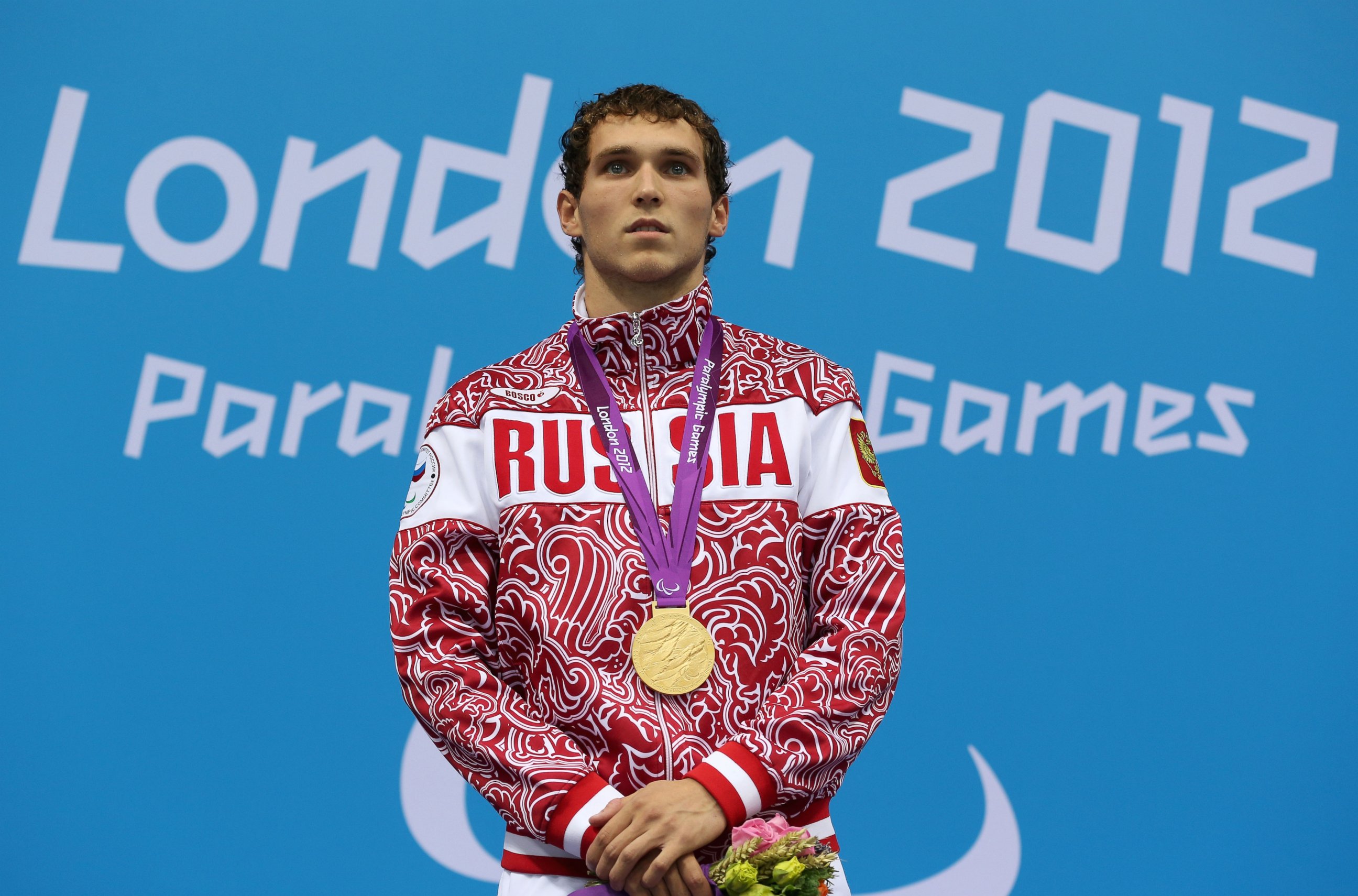
But the IOC eventually chose to allow some Russian athletes to take part, provided they passed a vetting process.
In the end, 278 Russian athletes traveled to Rio for the Olympics, which wrapped up Sunday. Russia won fourth place in the overall medal table, taking home 56 total medals.
This is the first time a country has been barred entirely from the Paralympics over doping. The ruling follows a months-long saga that saw an avalanche of allegations fall on Russia that it had sought to conceal doping among dozens of its athletes over many years, including by medal winners.
The WADA-ordered investigation in July by professor Richard McLaren found that Russia had established a "fail-safe system" that allowed it to pre-screen doping tests by its athletes and to then make selected positive samples disappear. McLaren’s report was based on evidence from the man who once ran the cover-up system, ex-director of Moscow’s anti-doping lab, Grigory Rodchenkov, and found that Russia had used the system on dozens of athletes, including at the 2014 Sochi Winter Olympics.
Those findings added to evidence from earlier WADA reports, and other claims made by whistleblowers to investigative journalists, that Russia was allowing doping on an industrial scale.
The Very Best Photos From the 2016 Rio Olympics
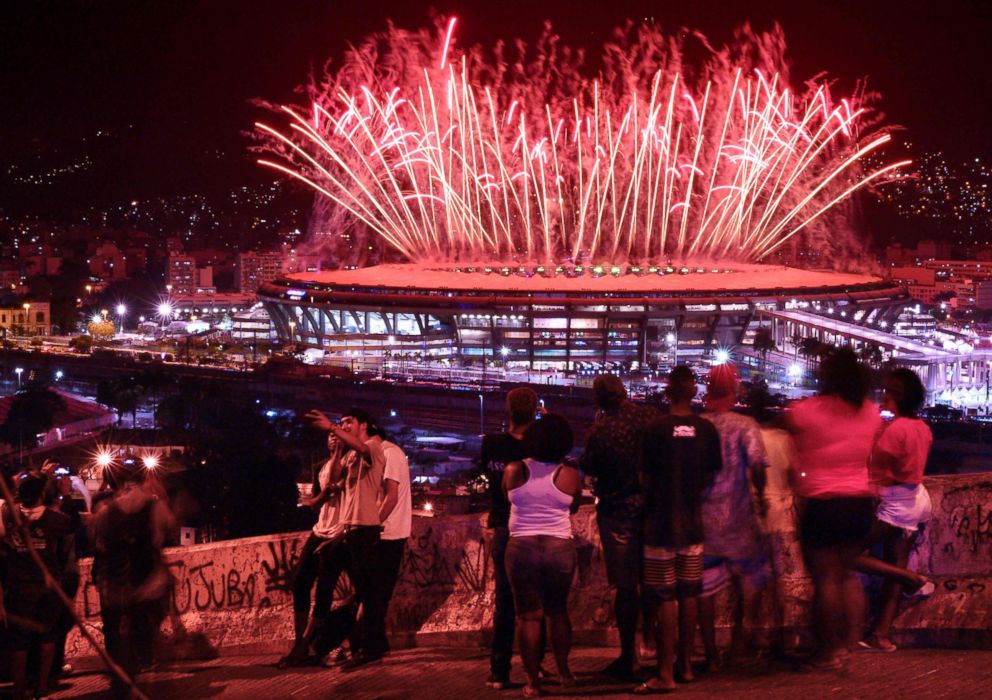
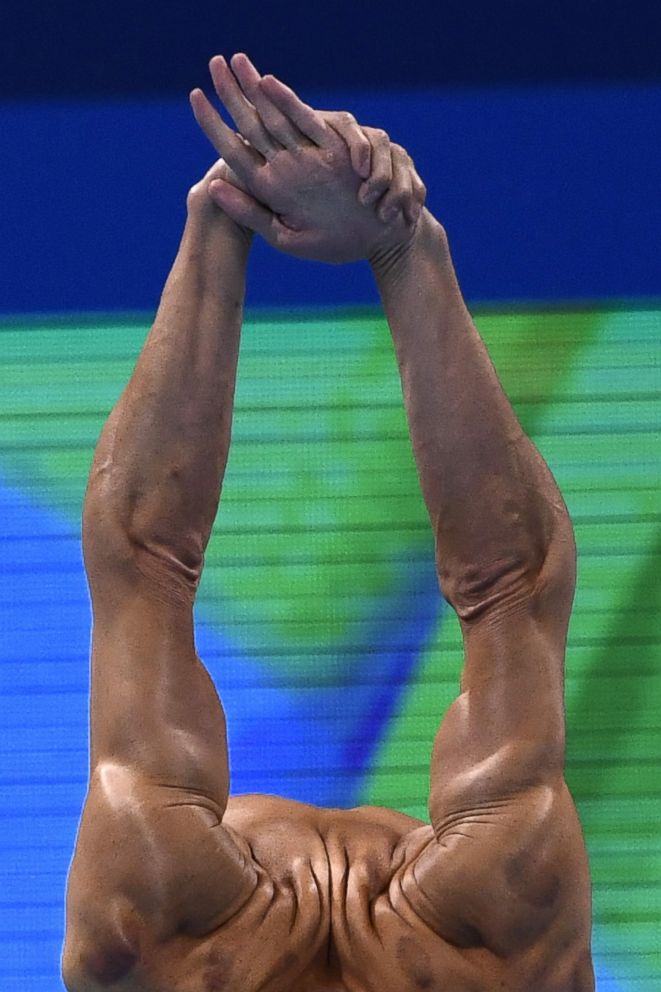
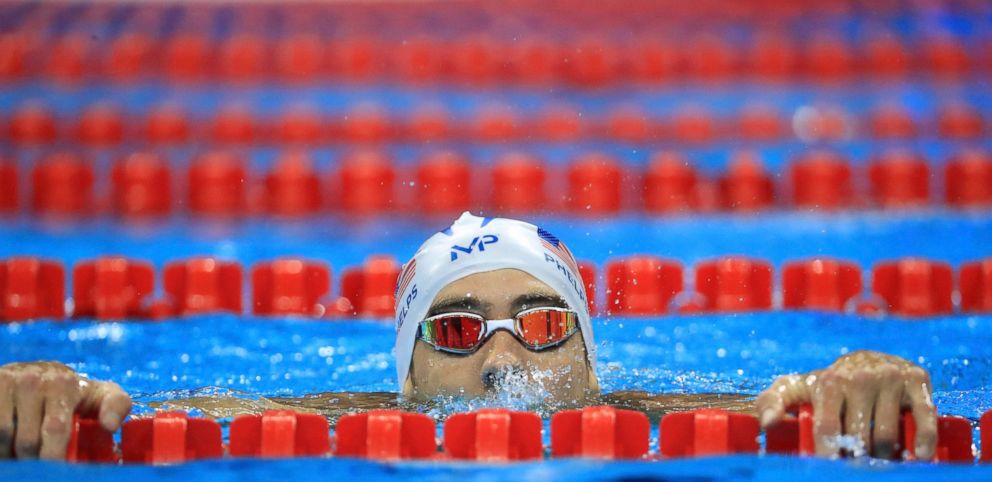
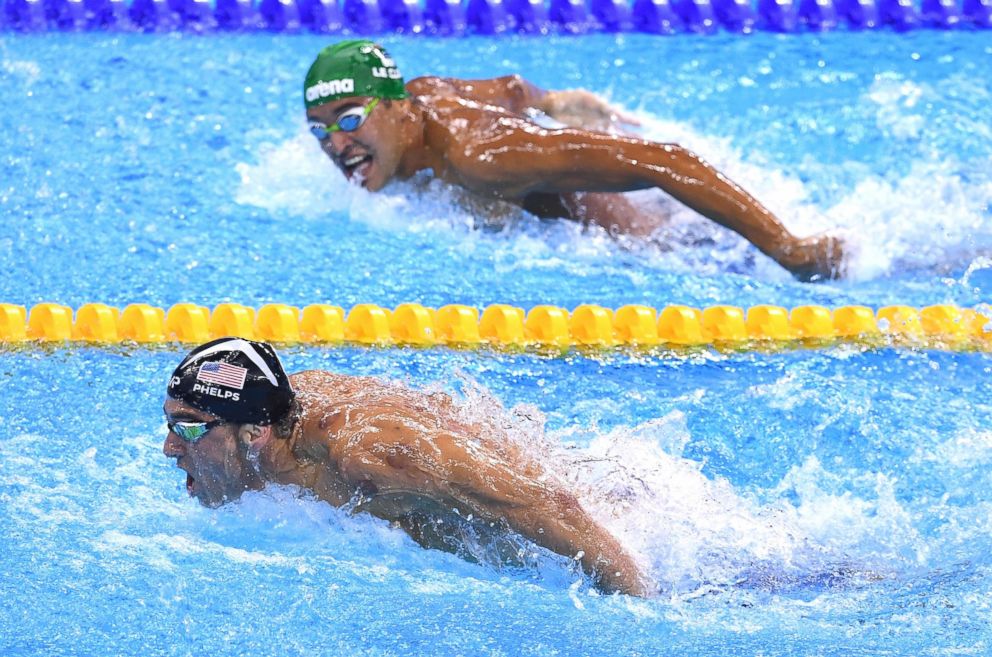
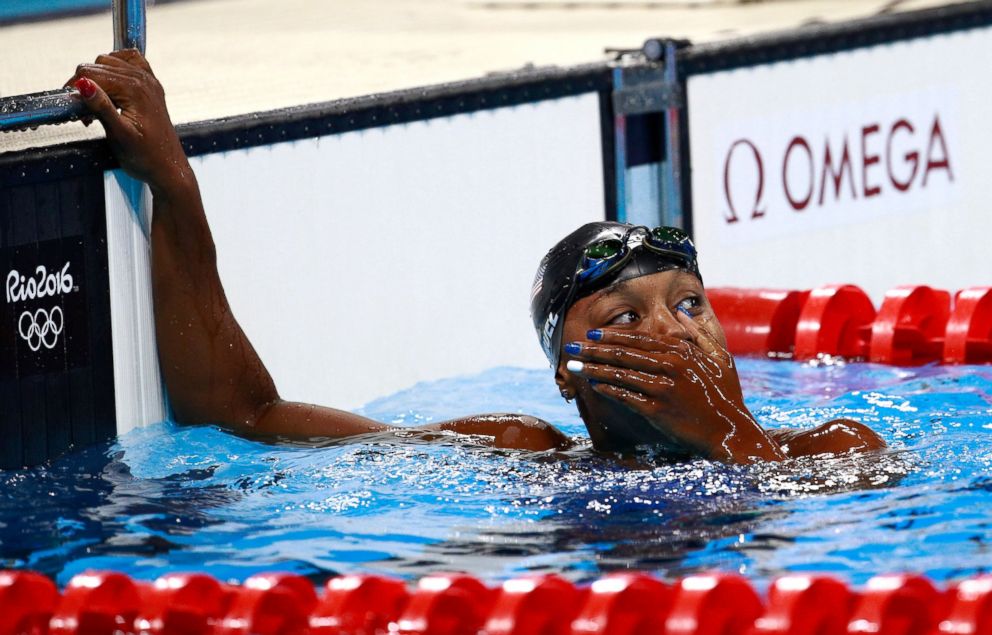
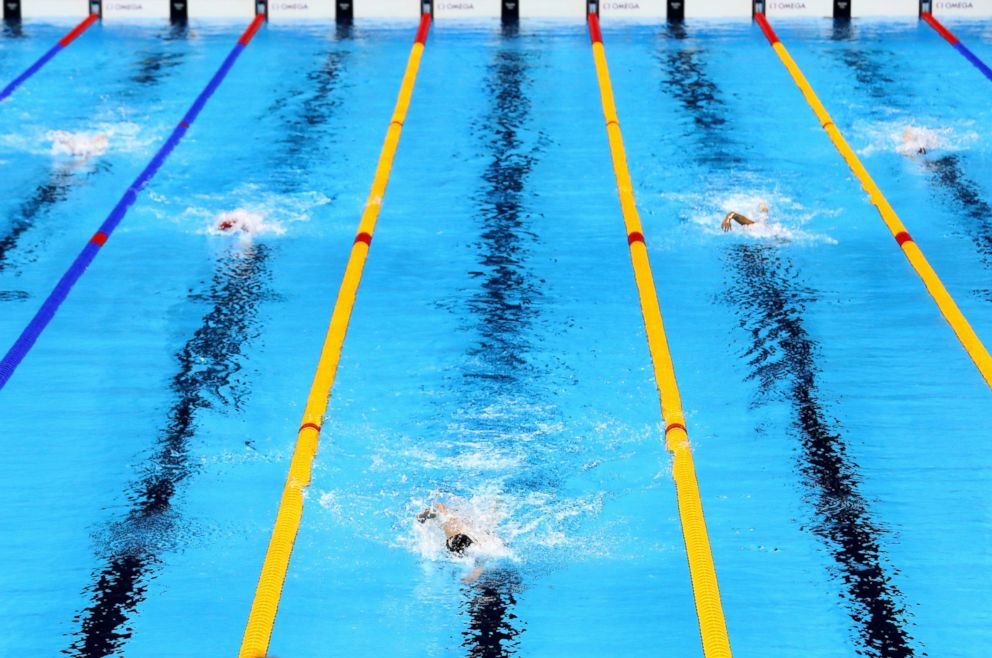
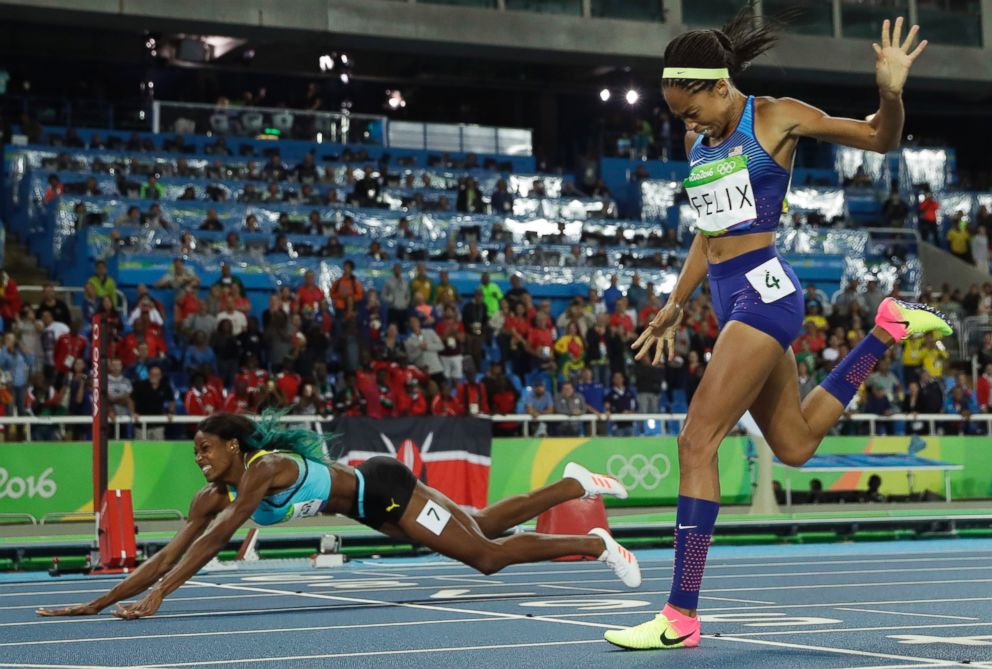
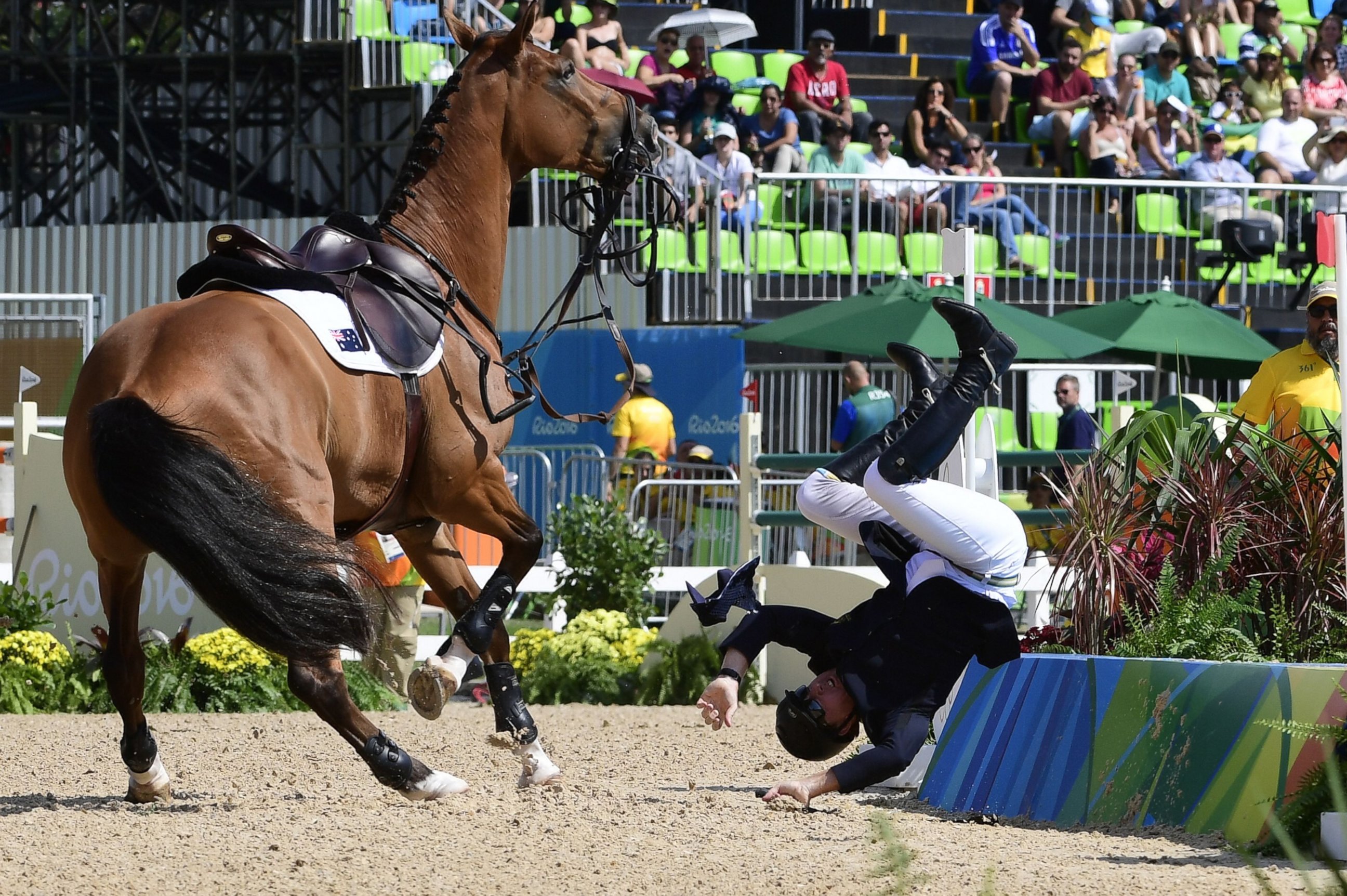
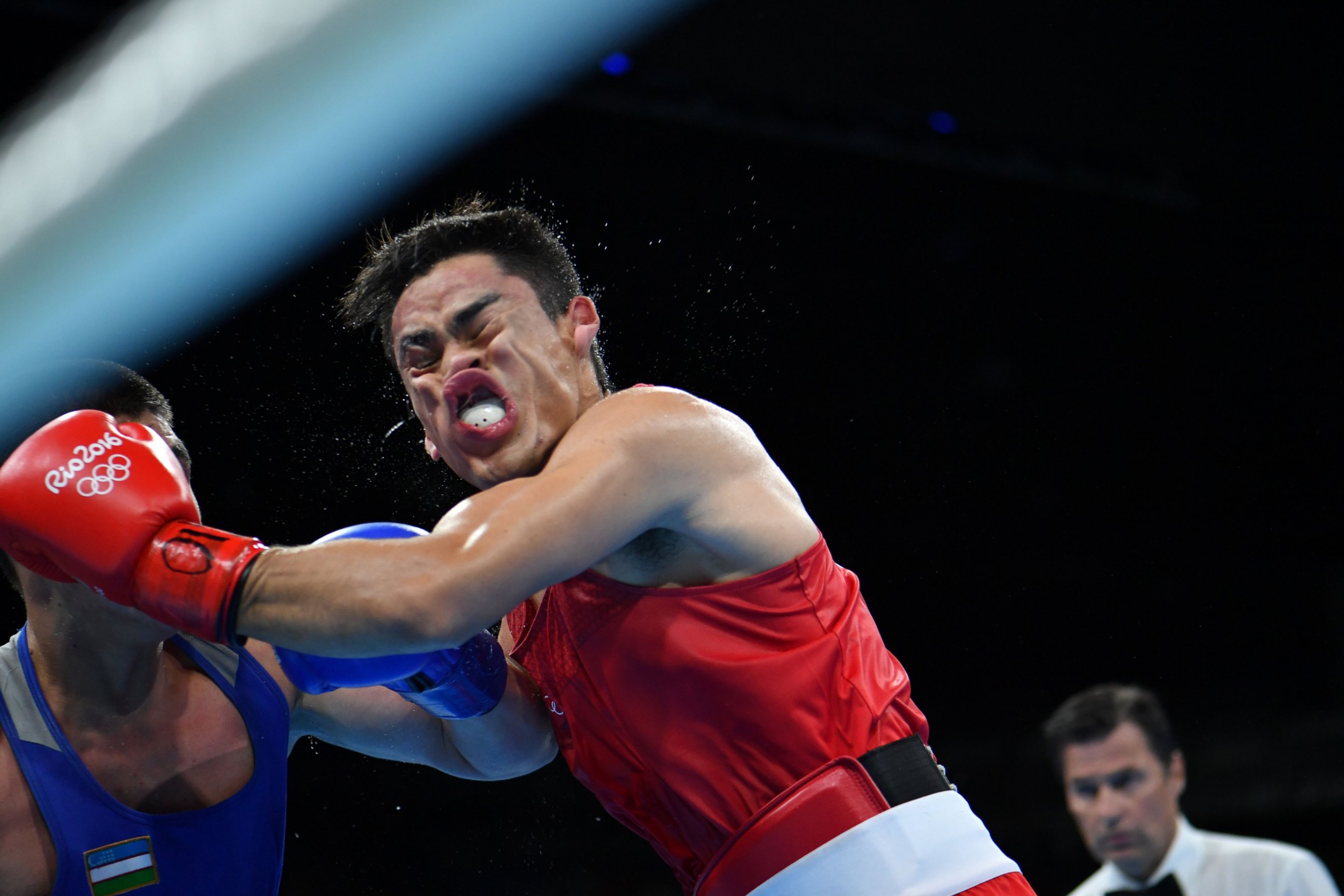
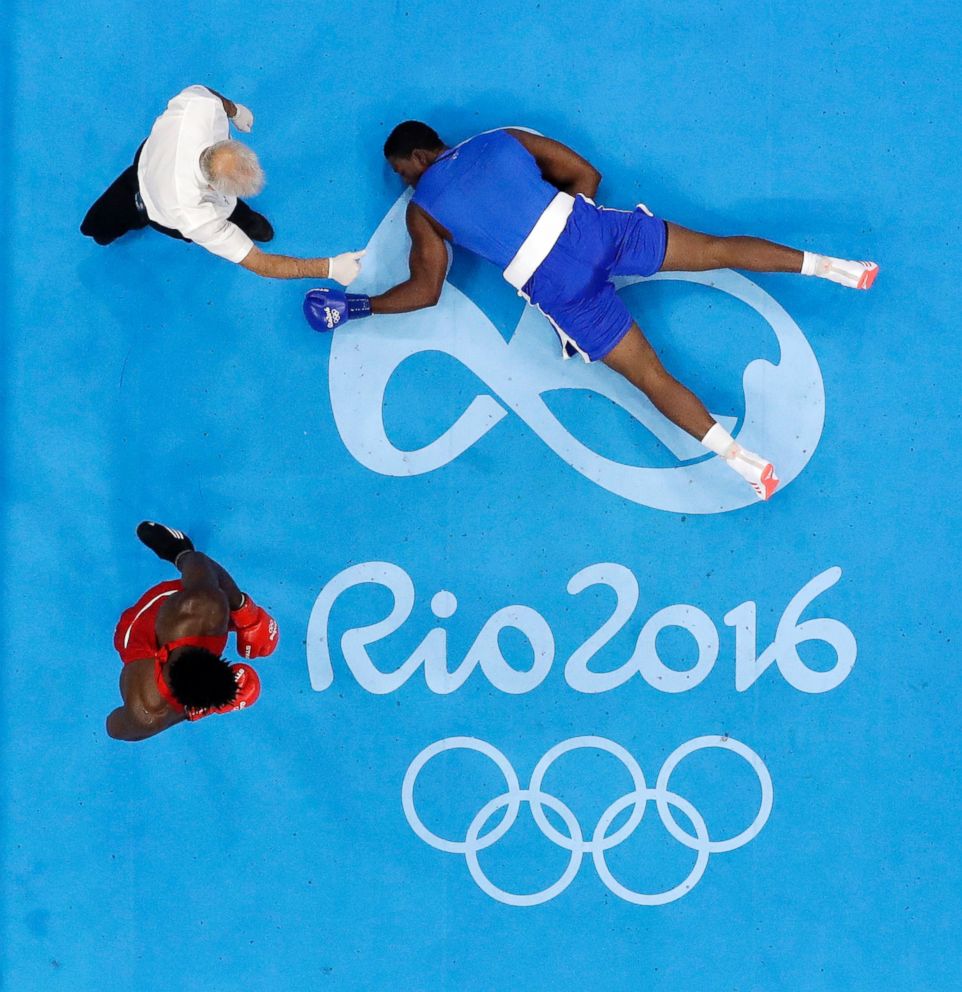
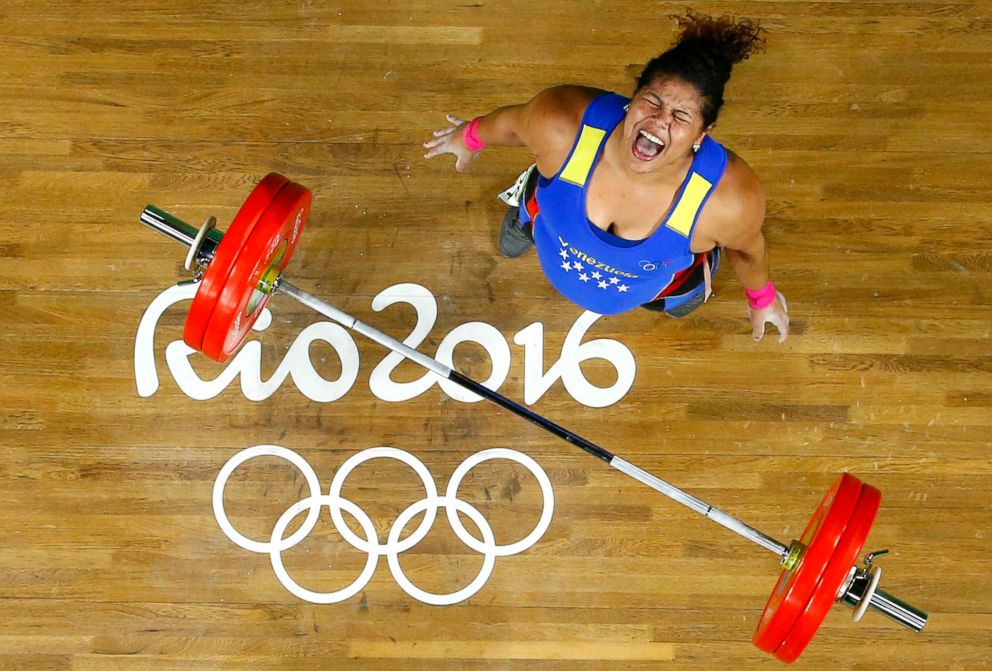
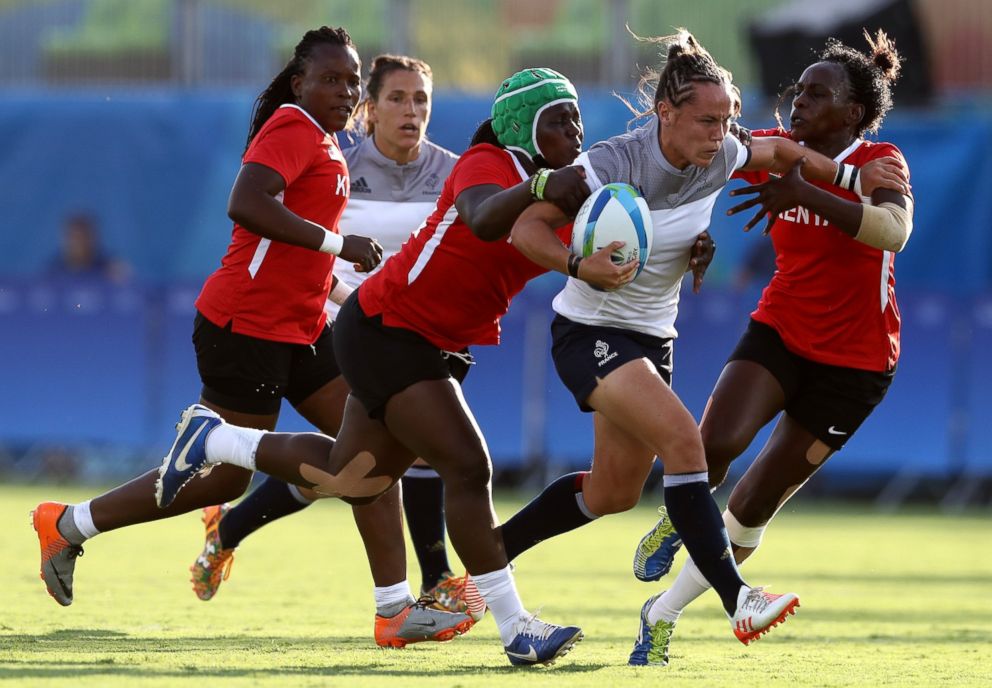
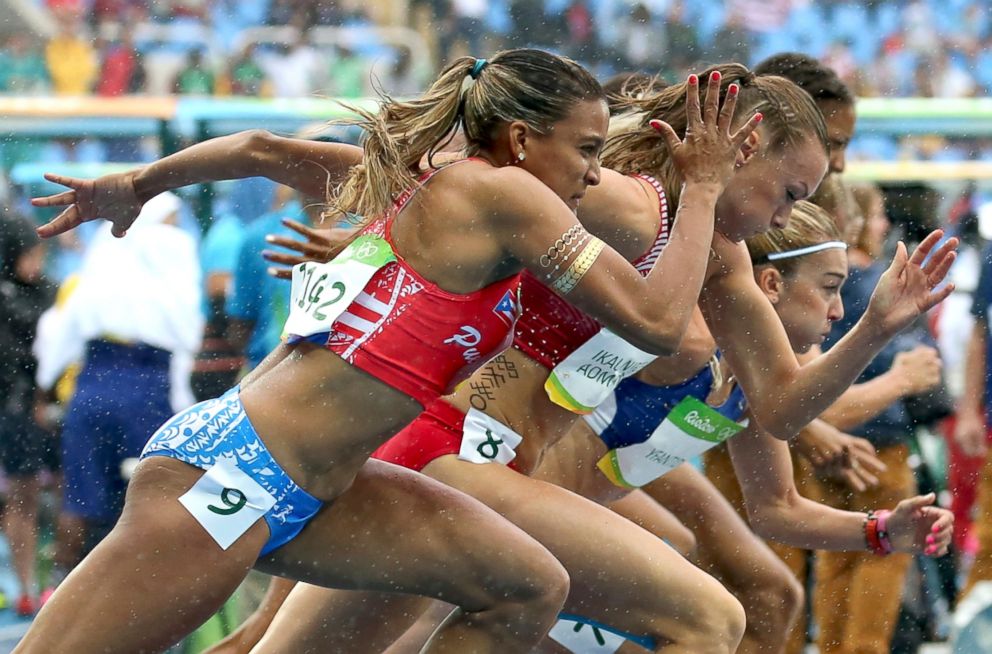
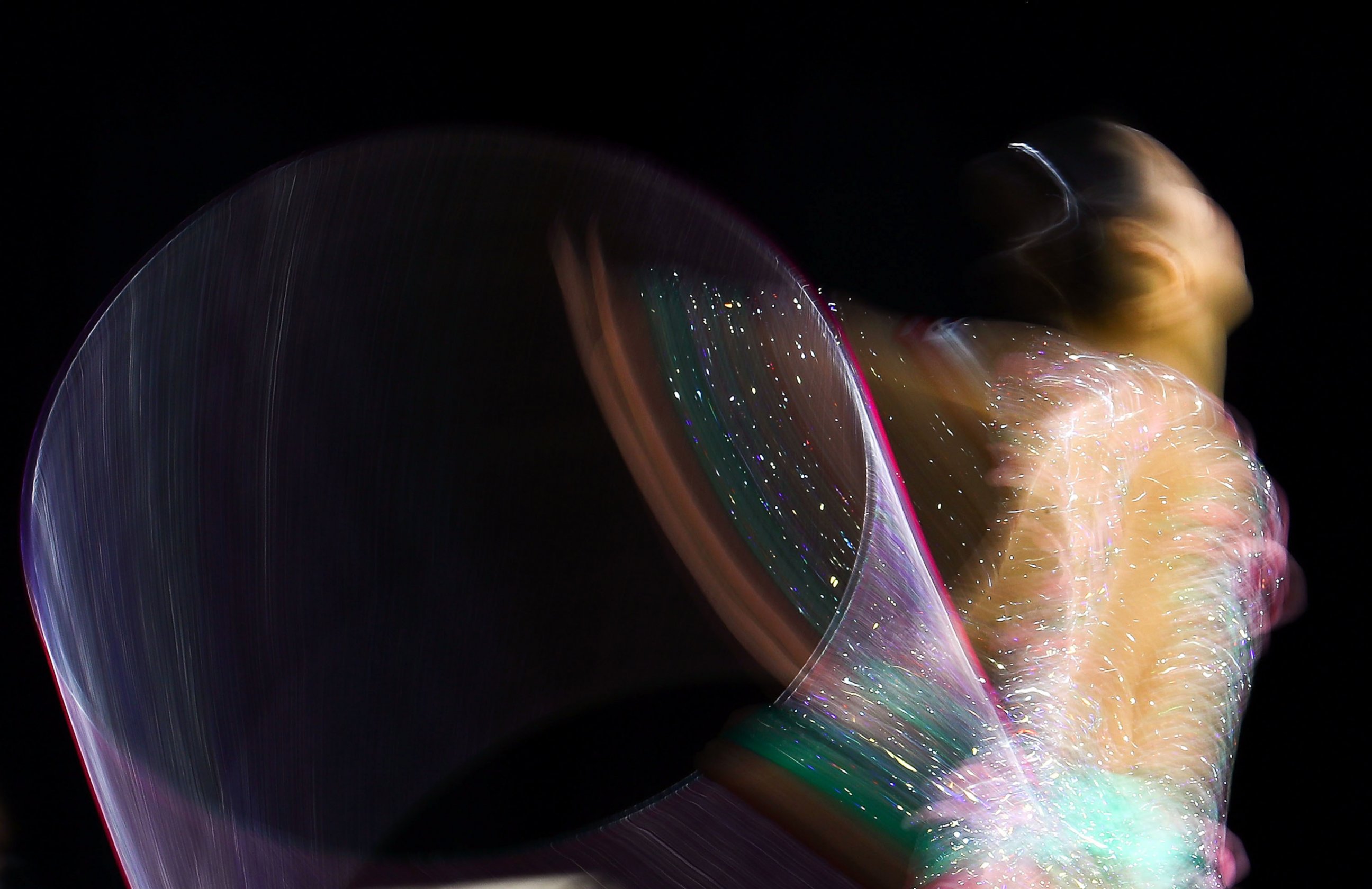
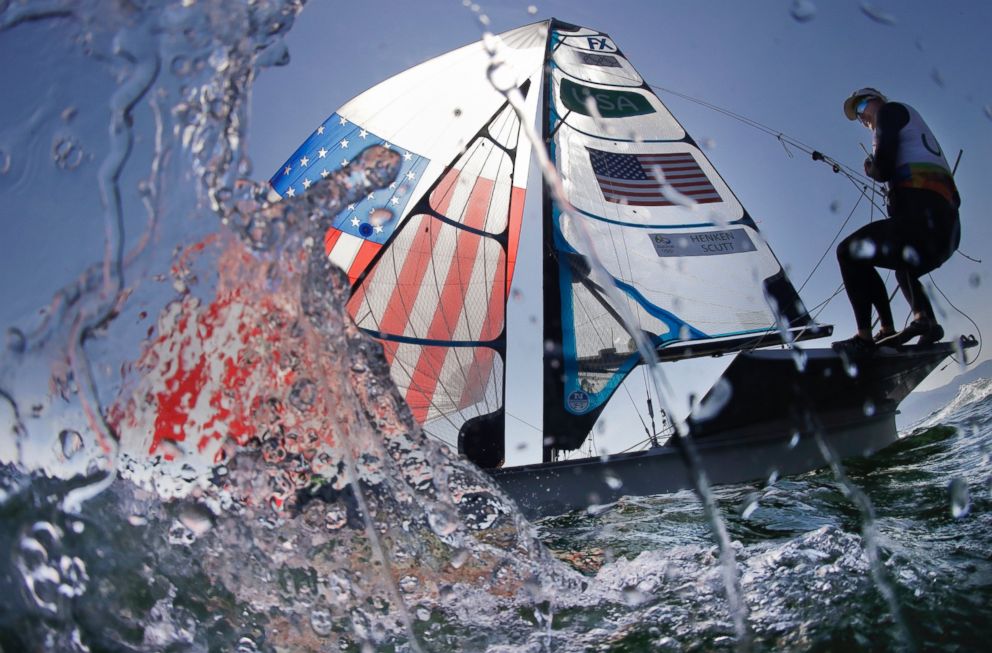
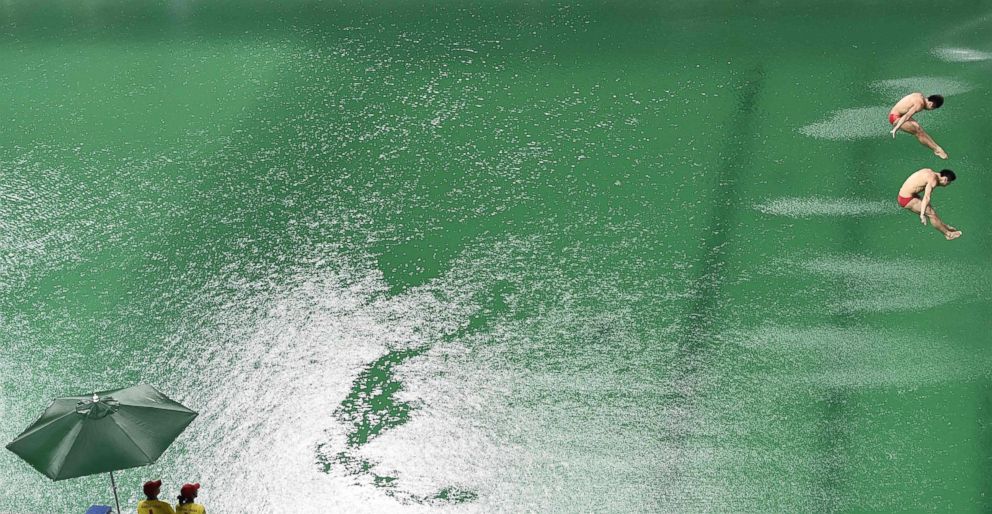
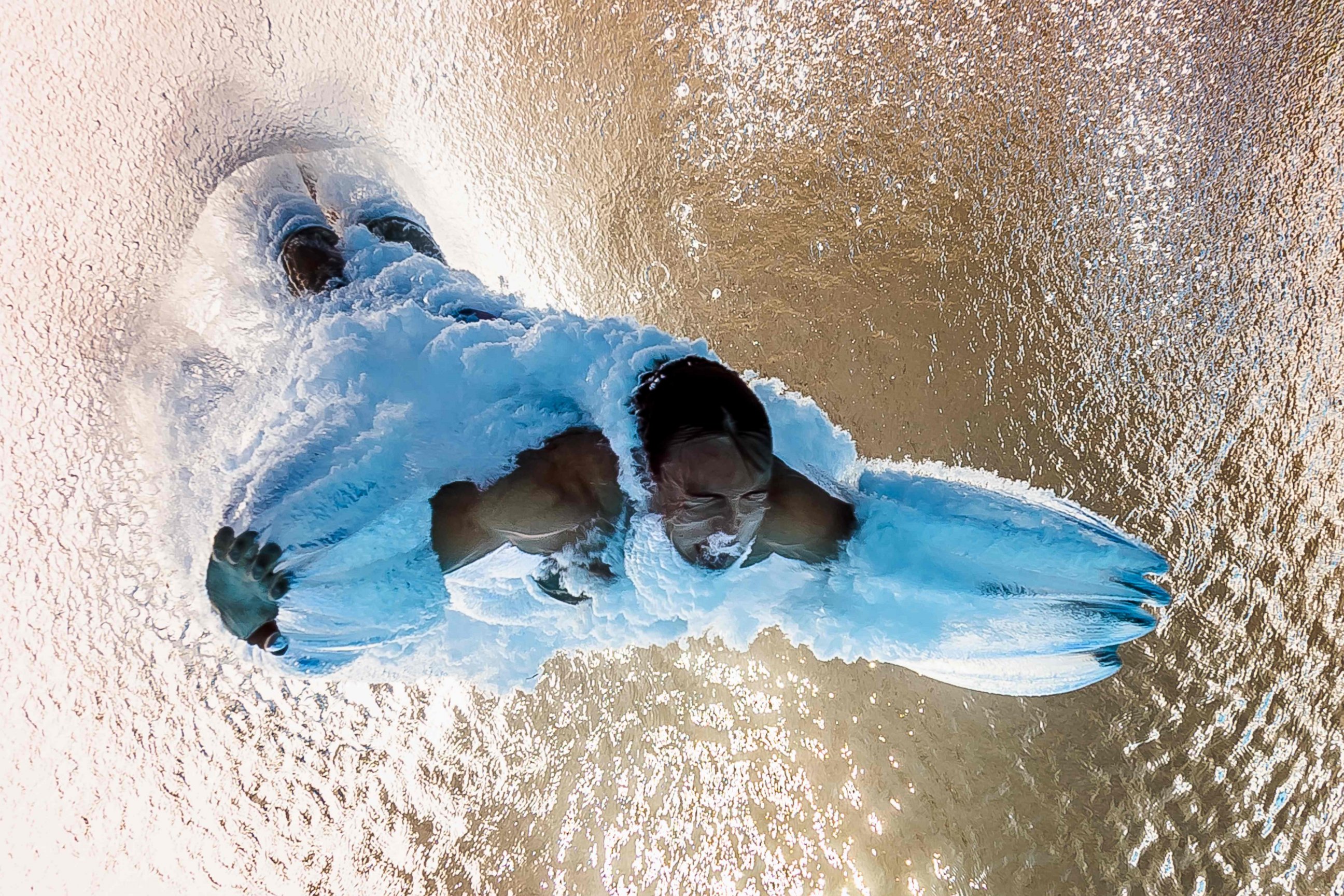
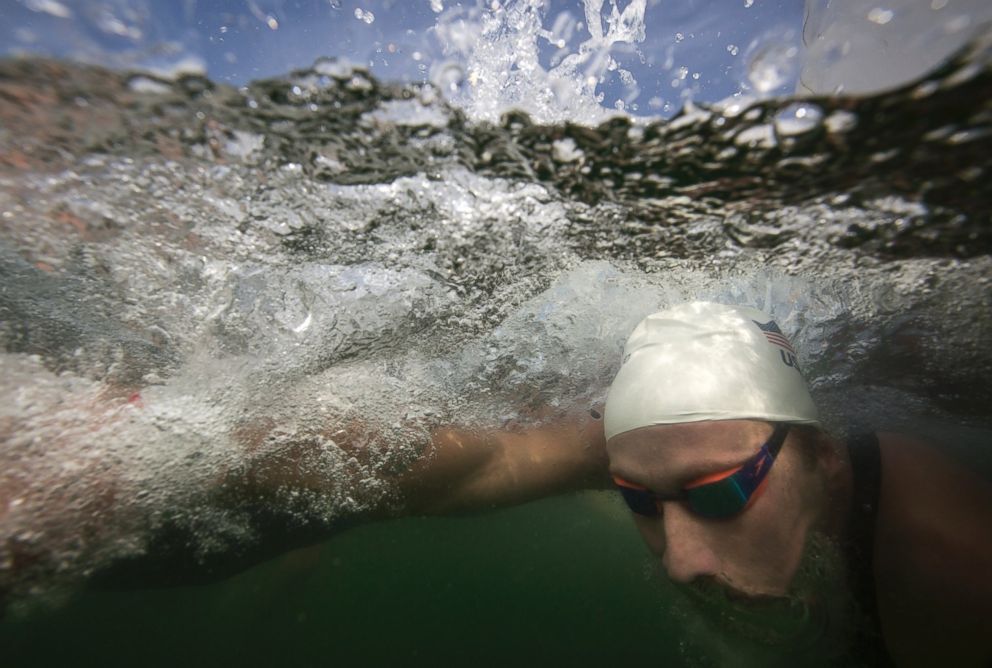
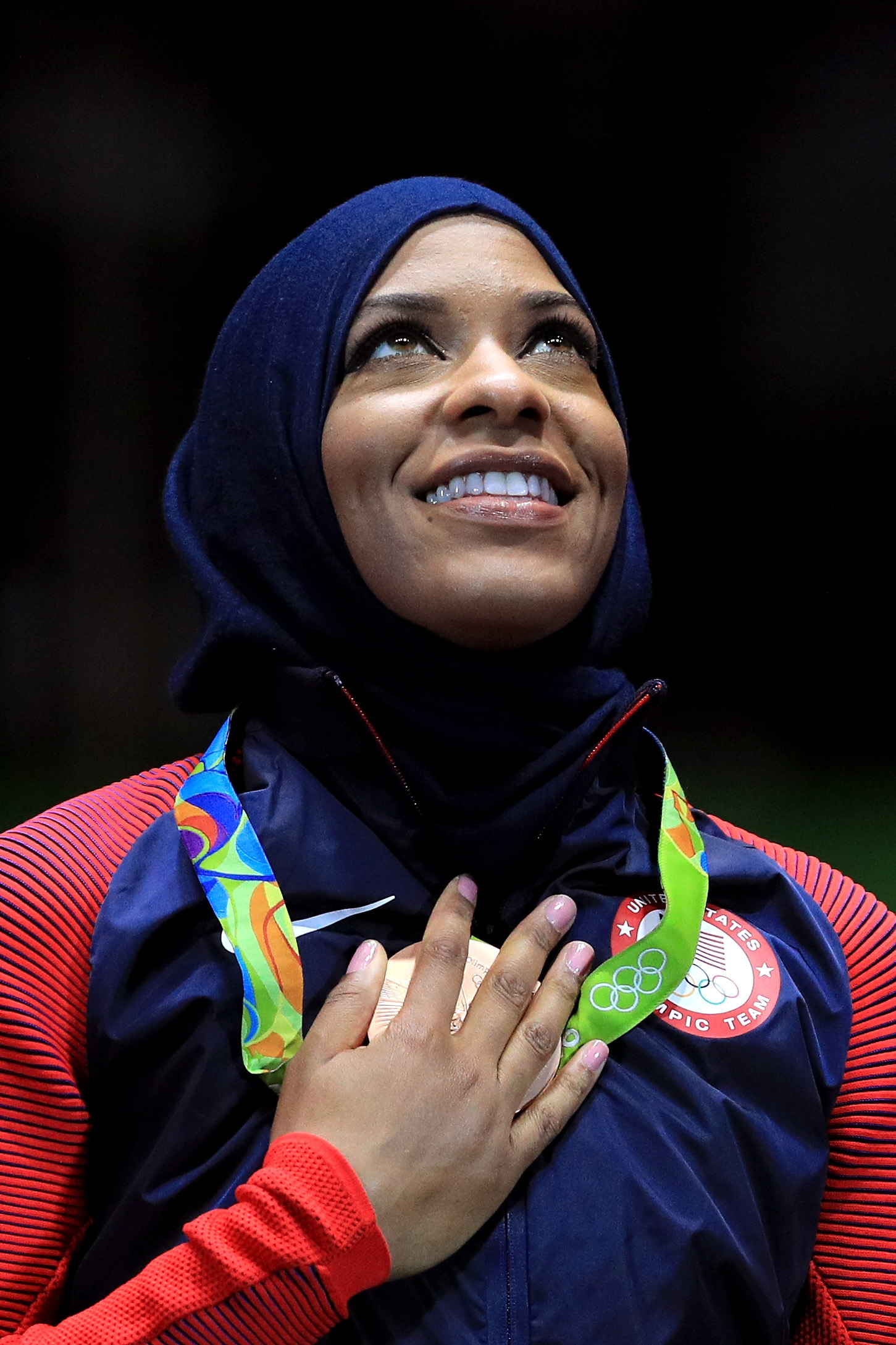
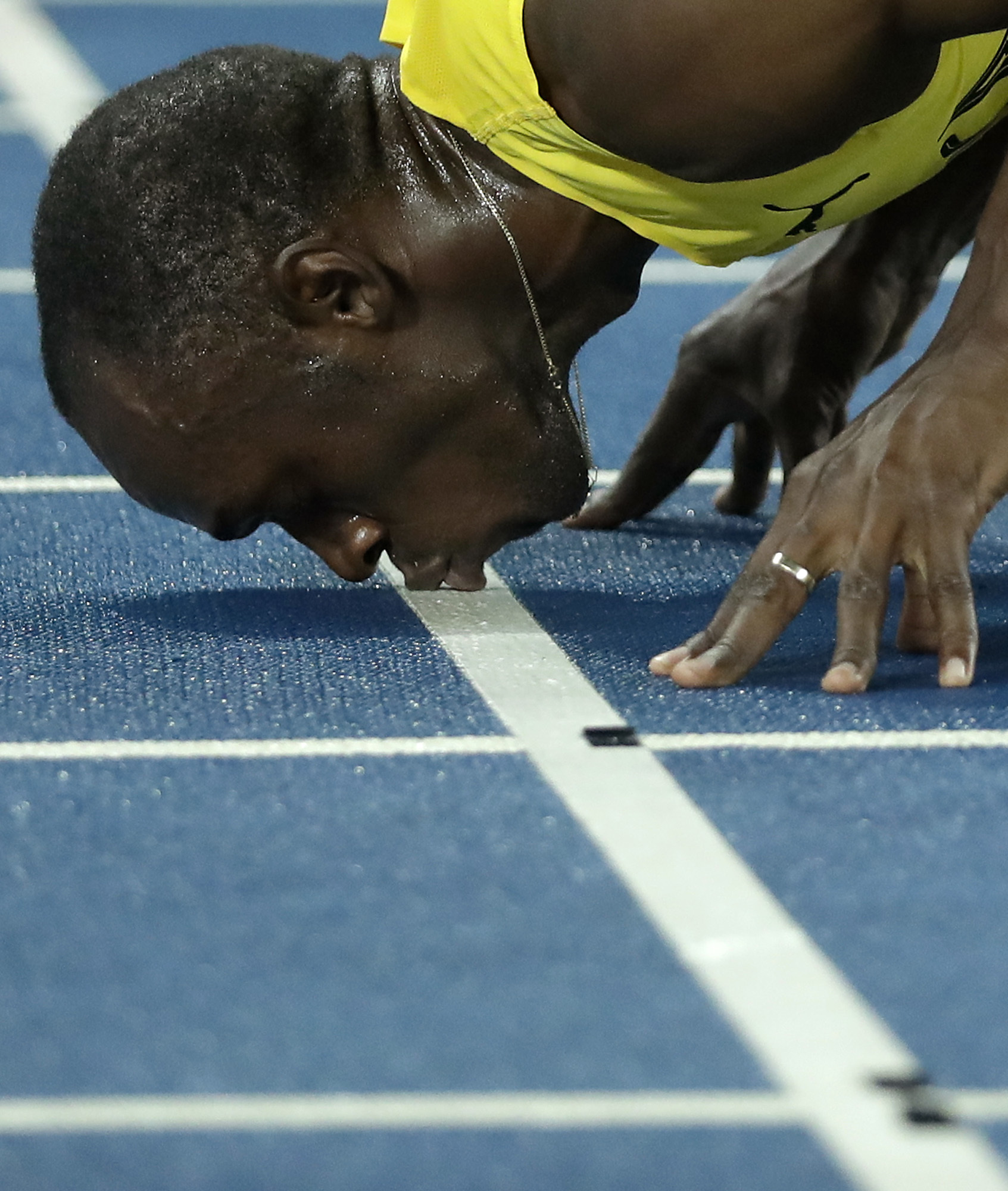
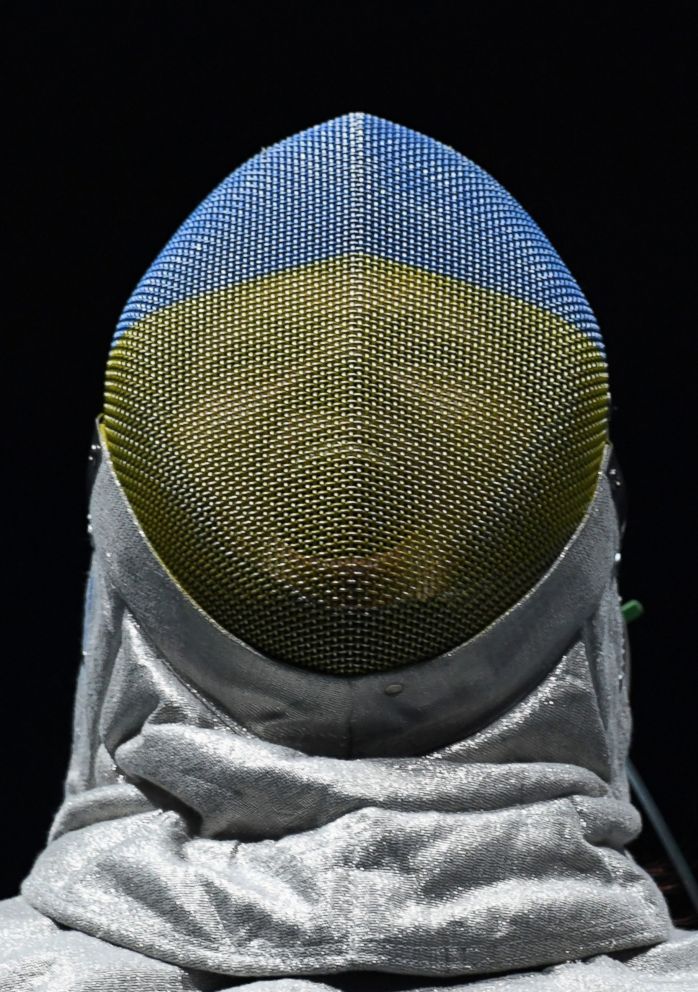
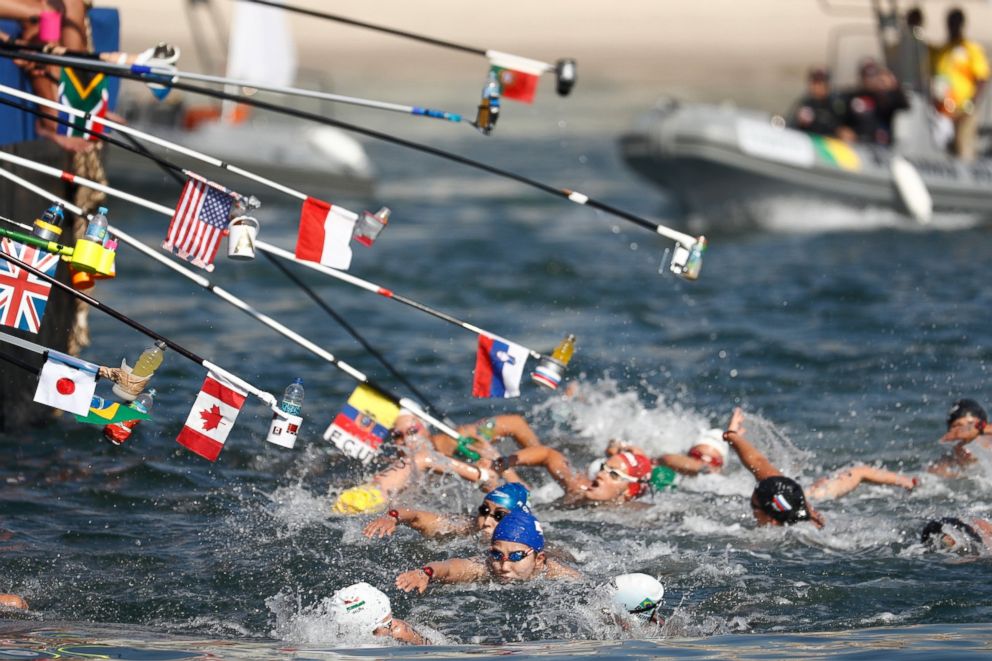
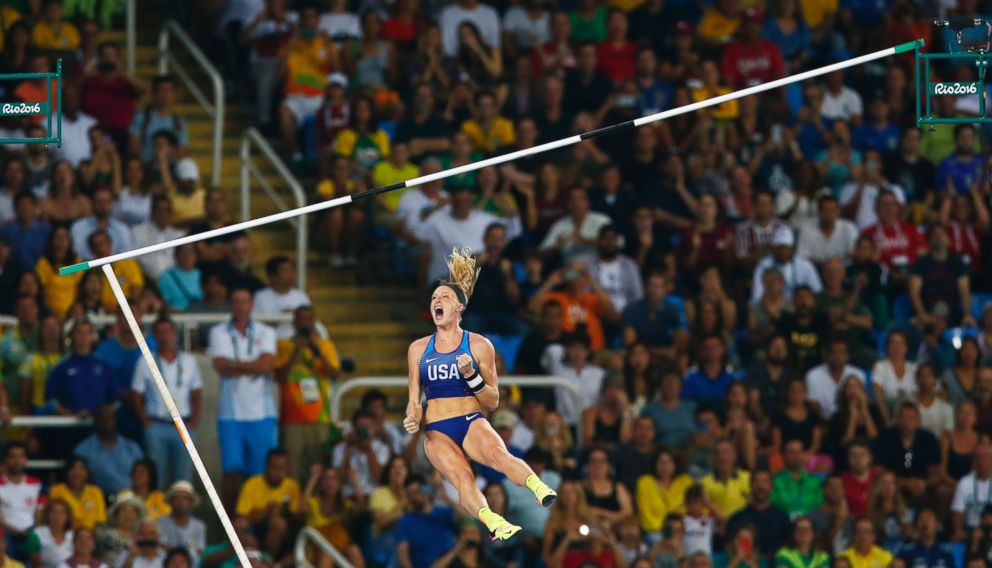
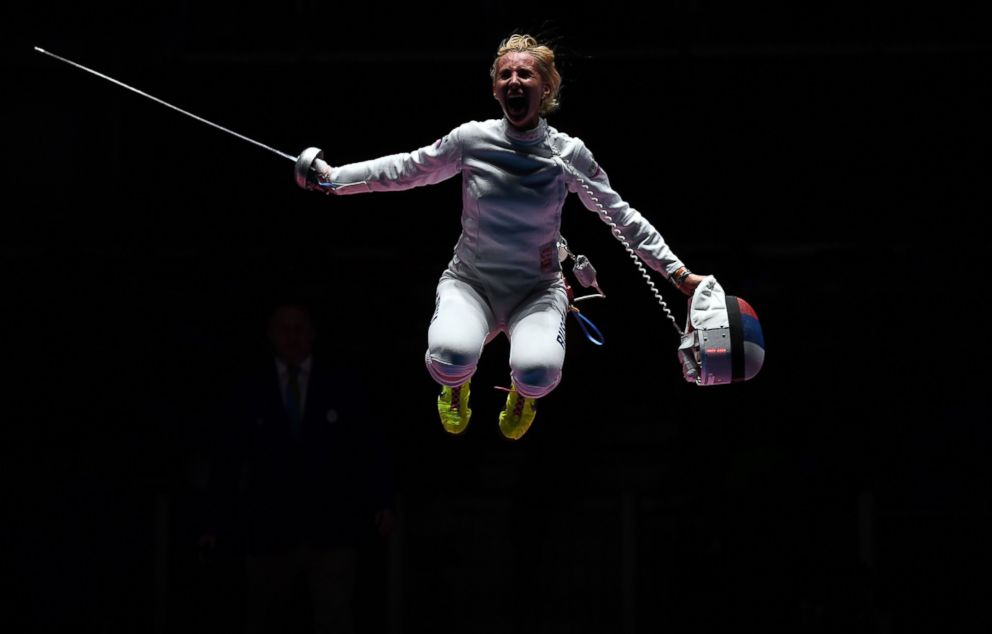
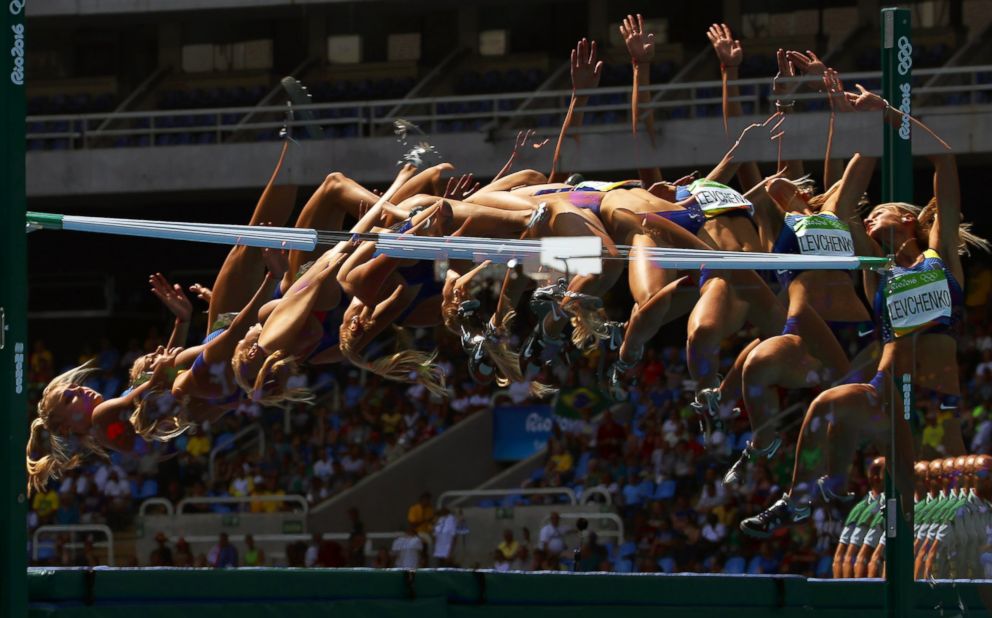
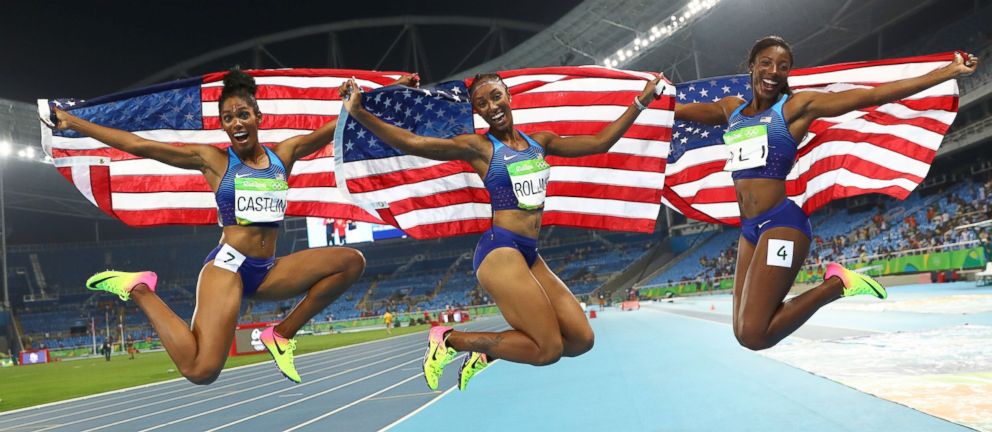
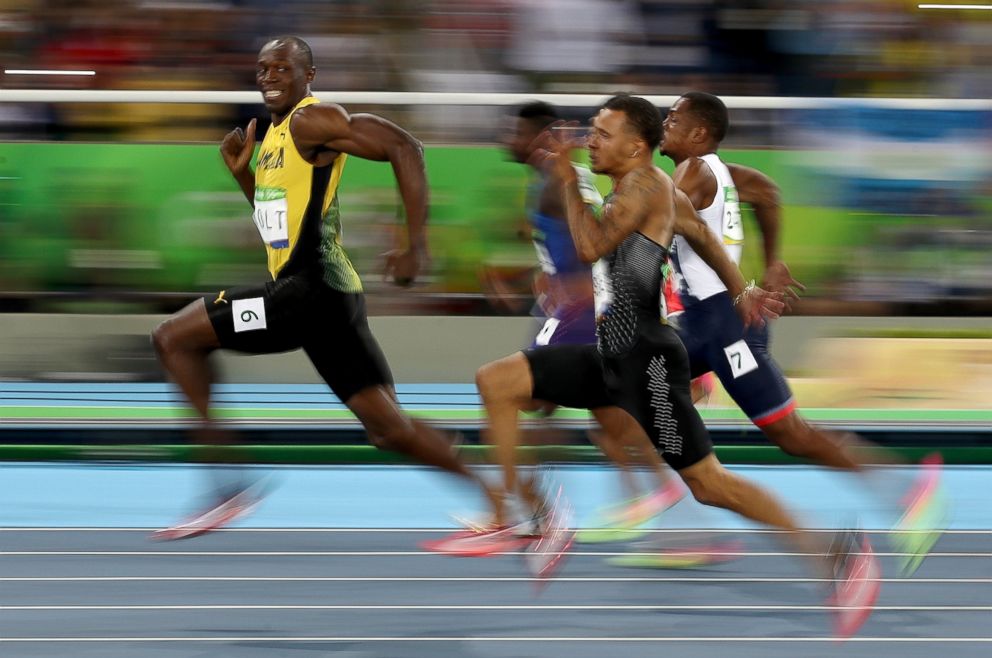
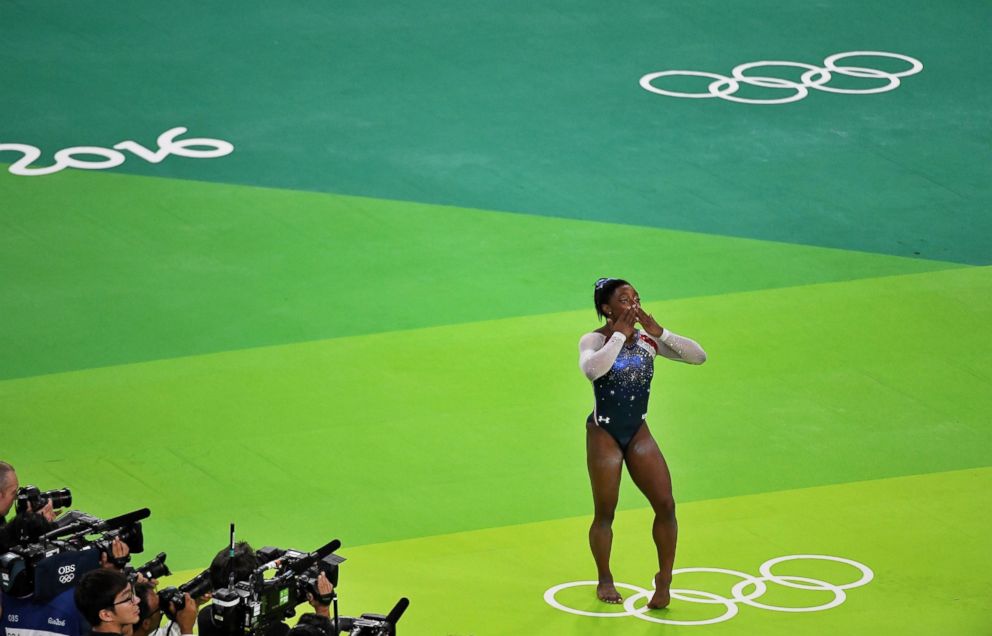
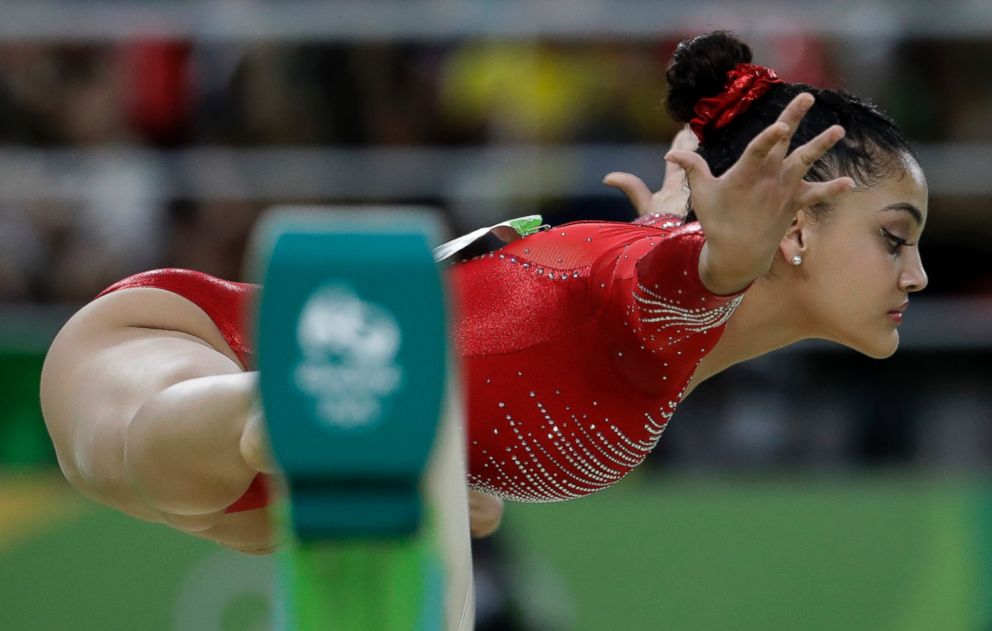
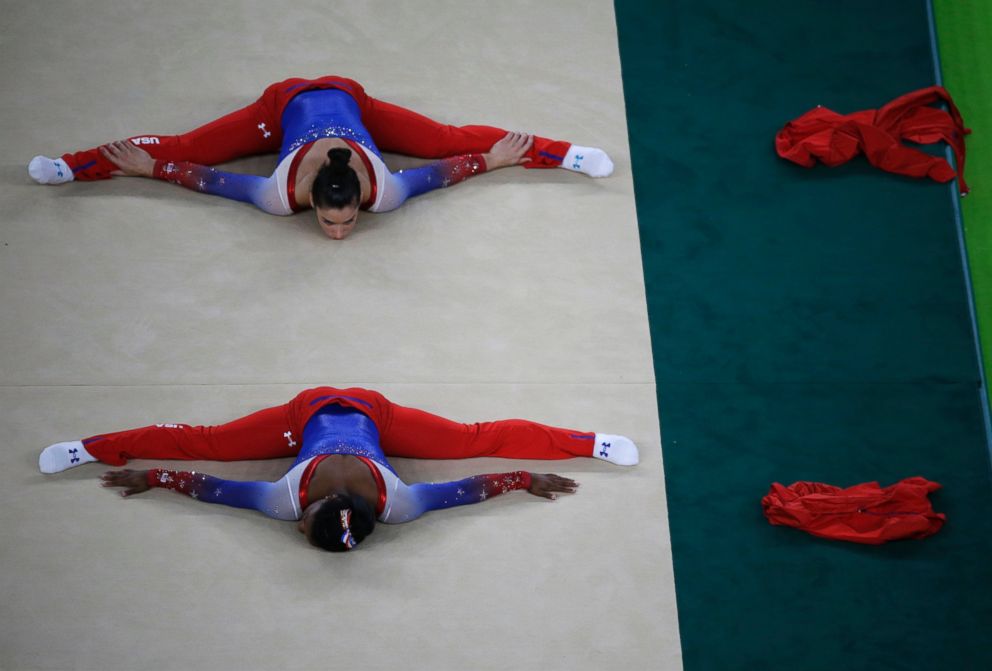
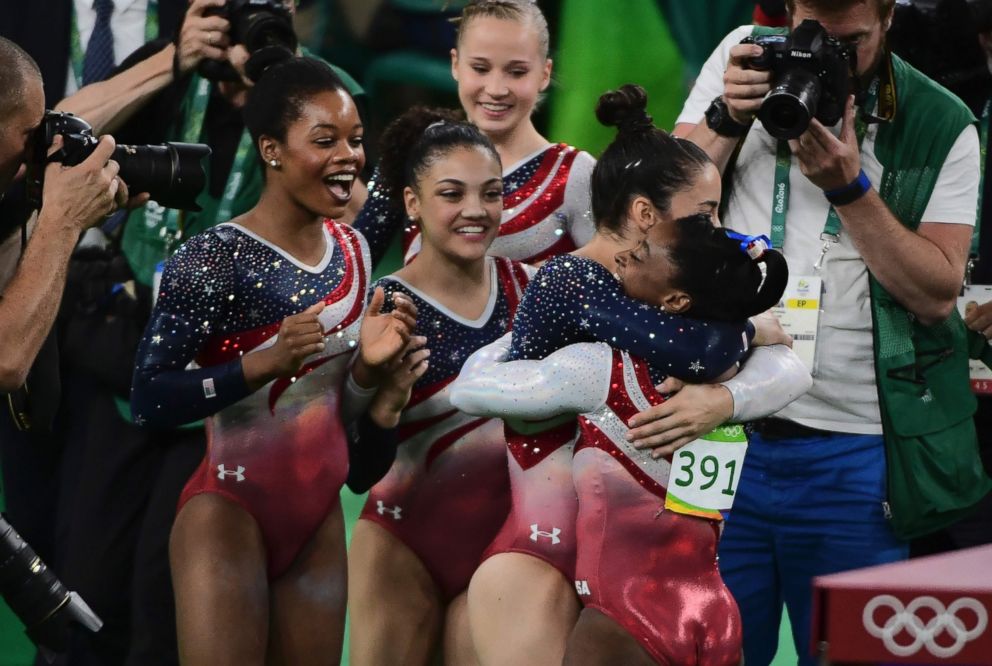
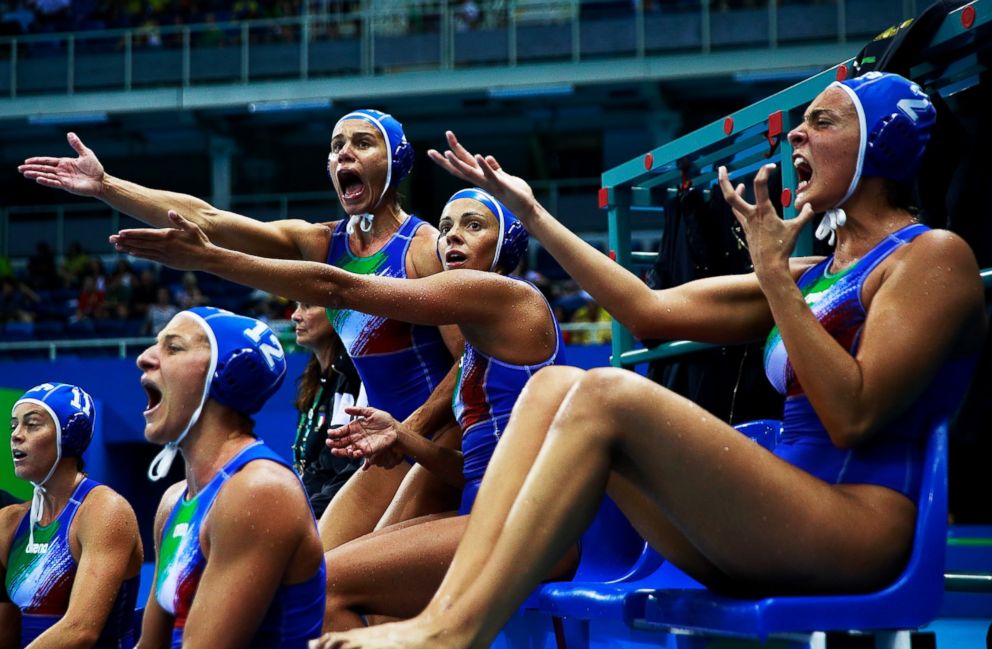
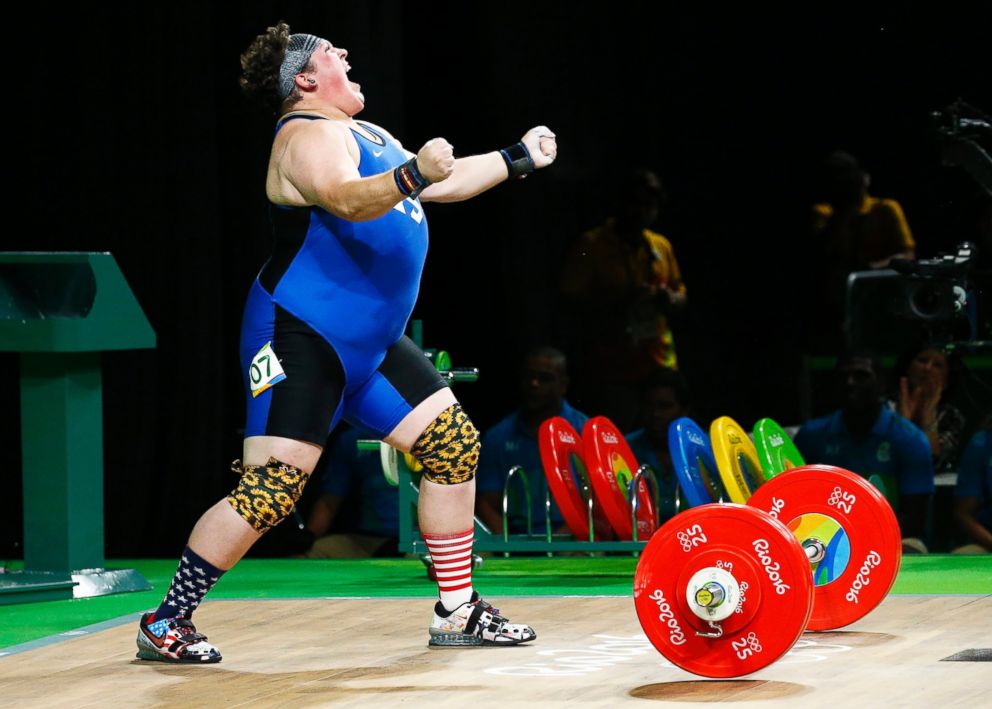
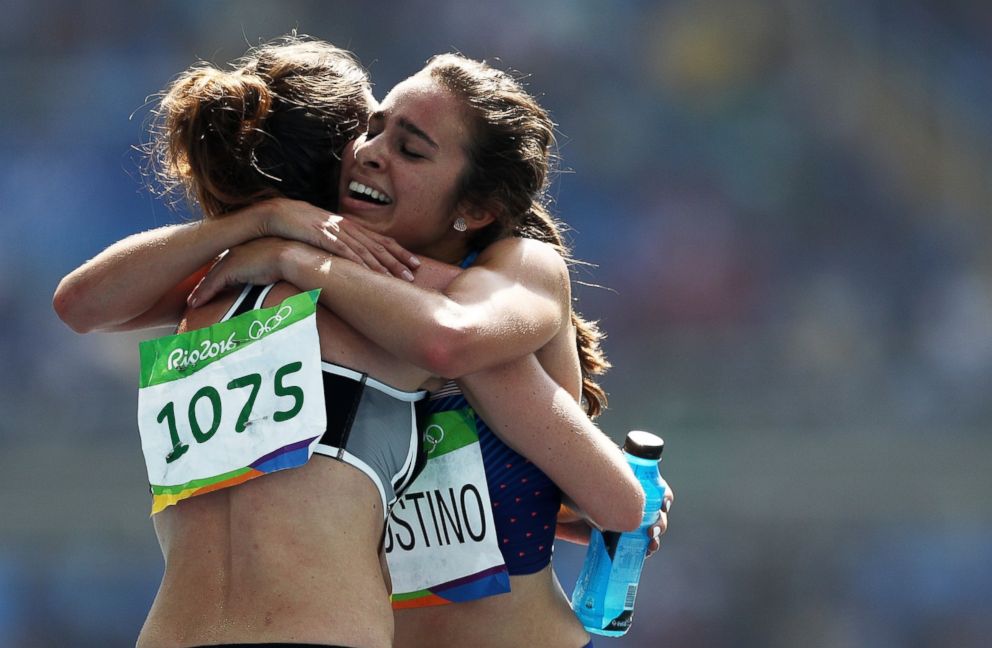
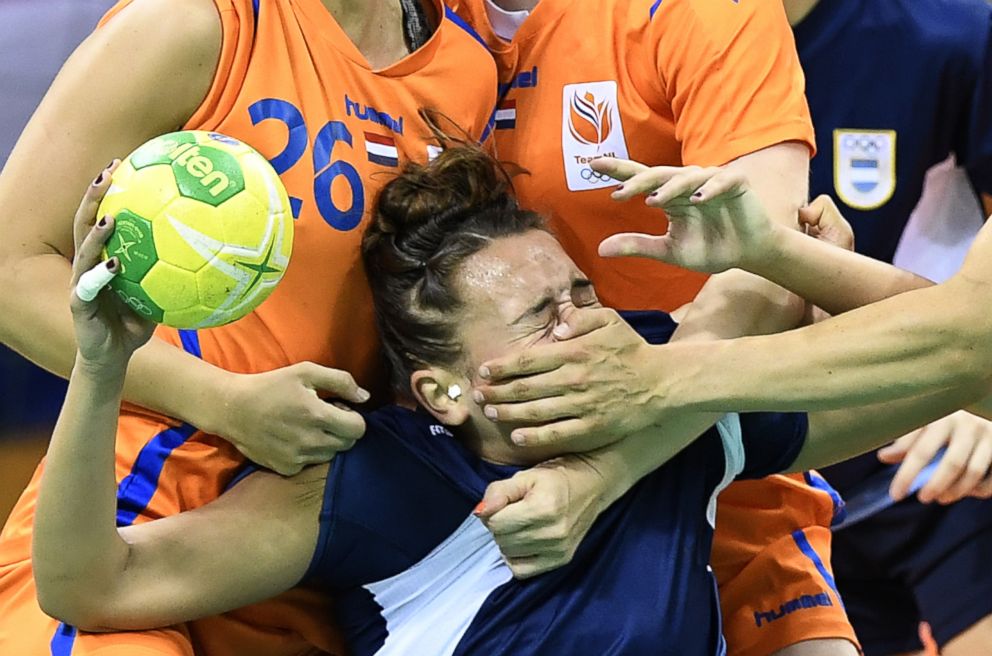
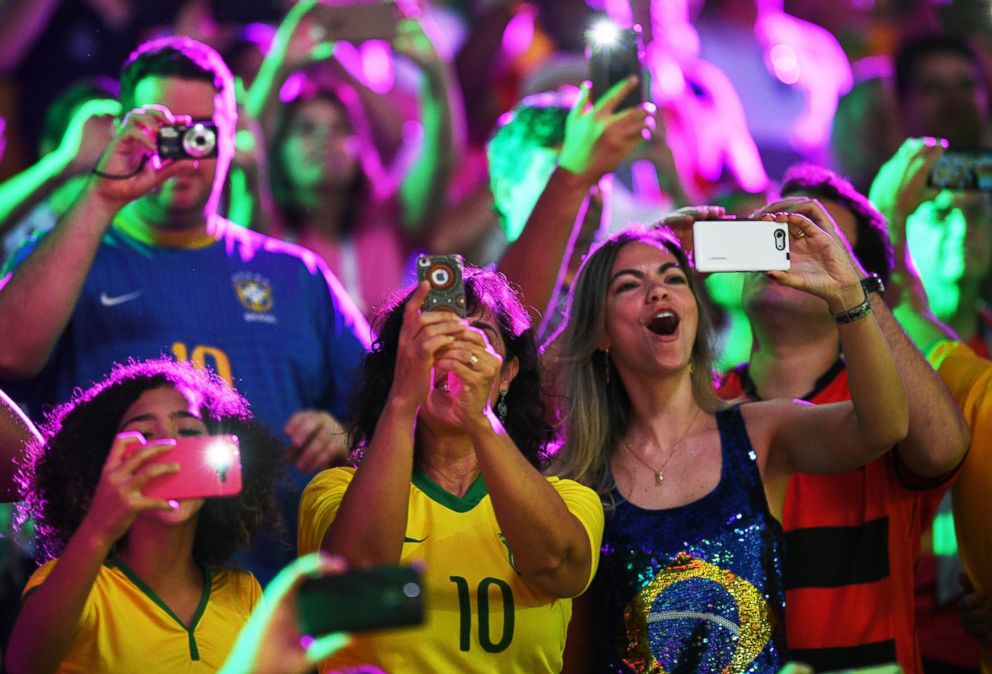
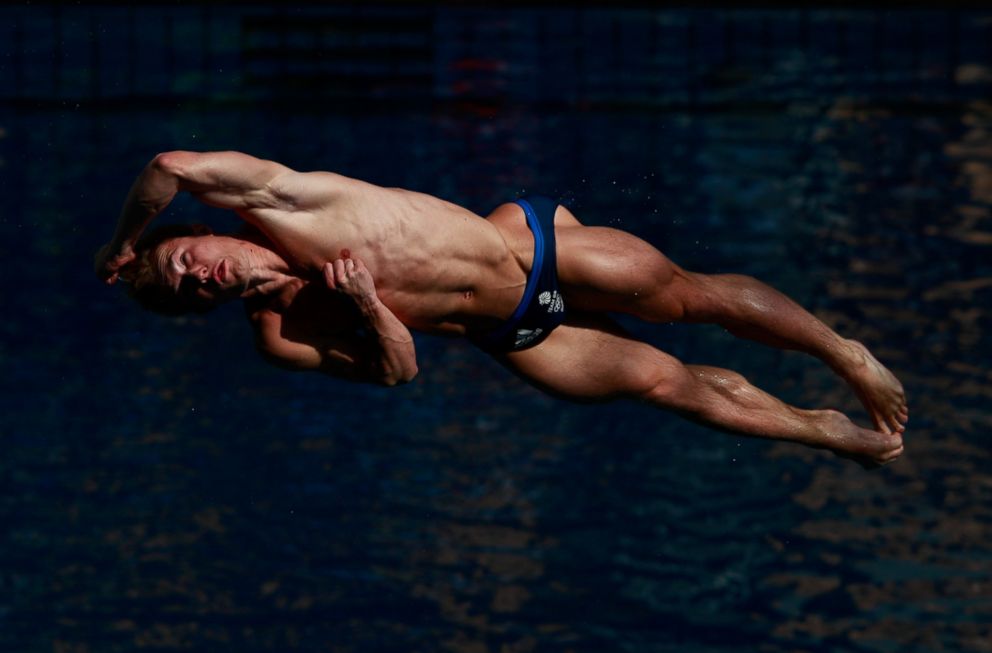
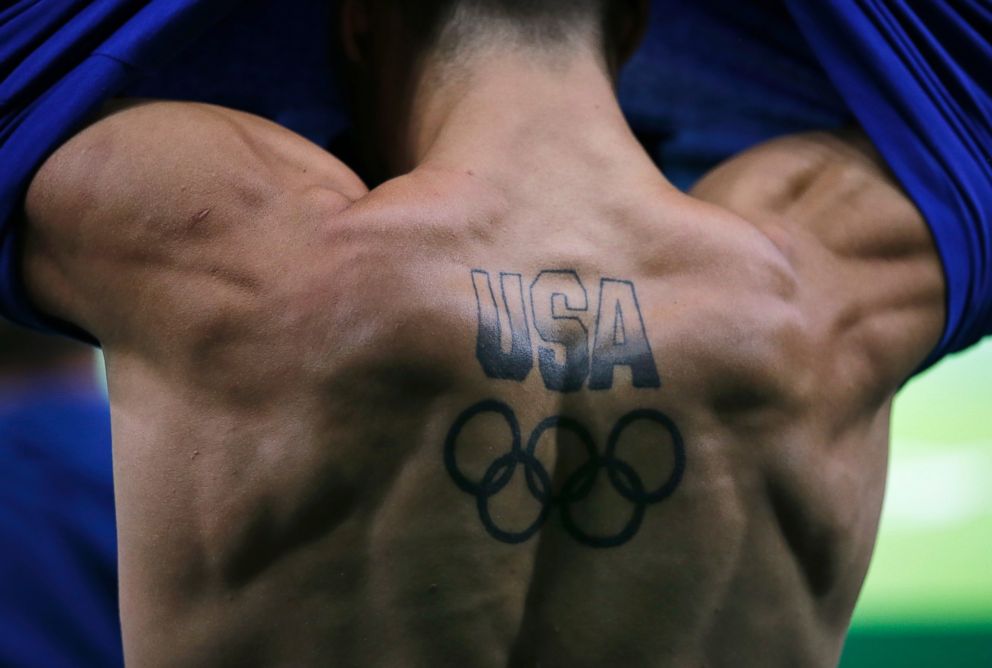
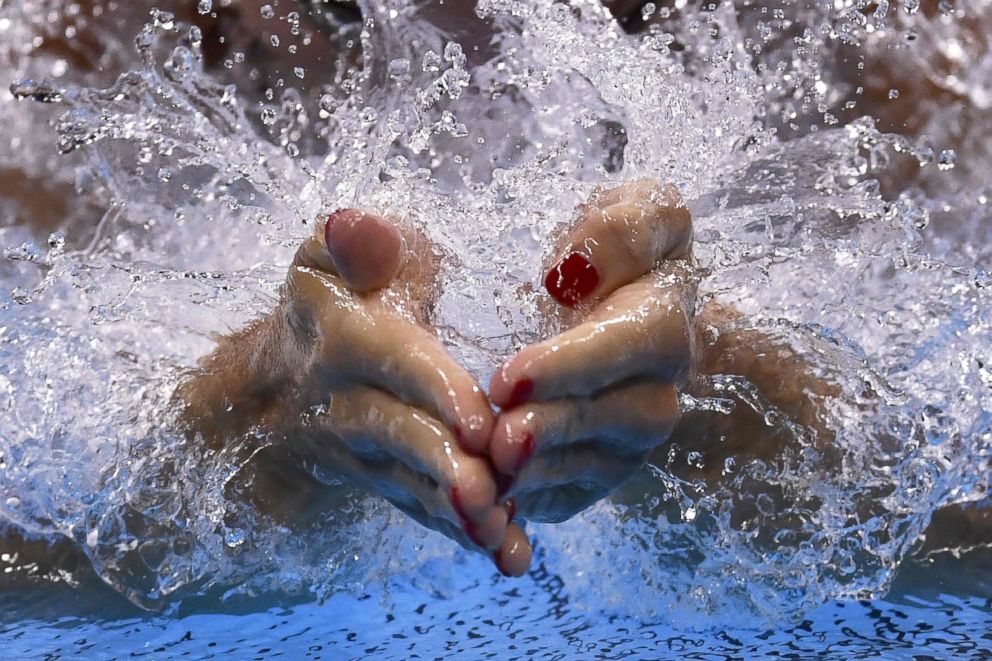
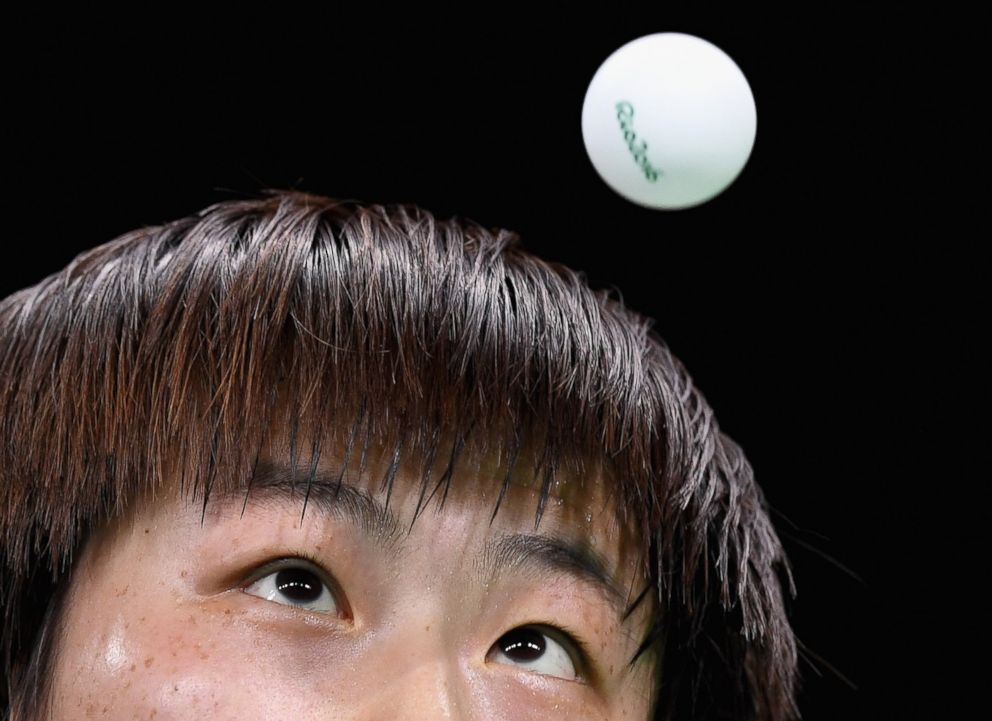
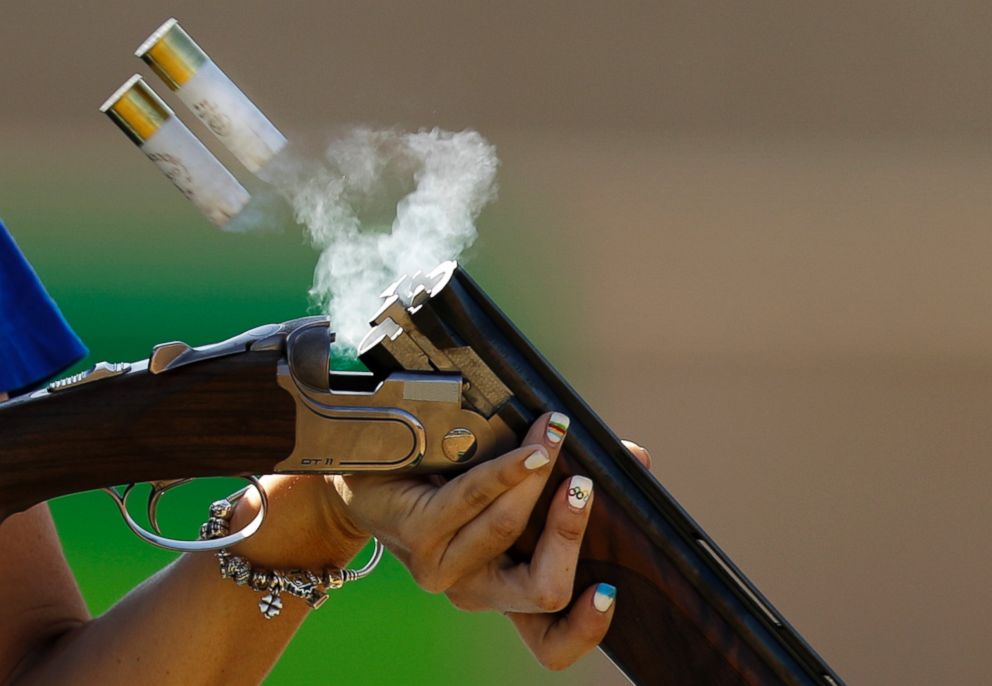
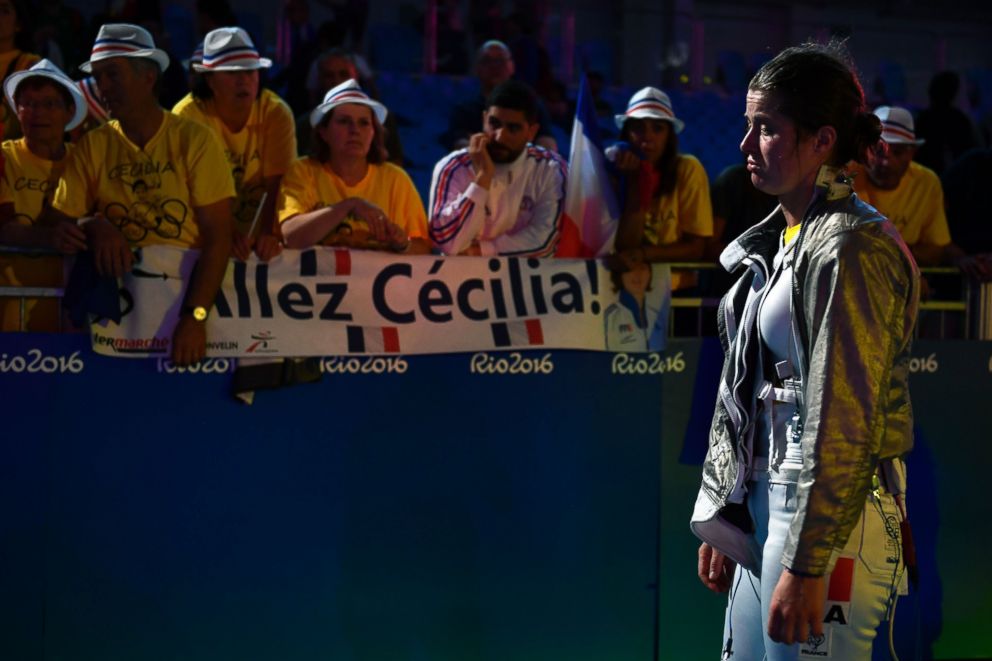
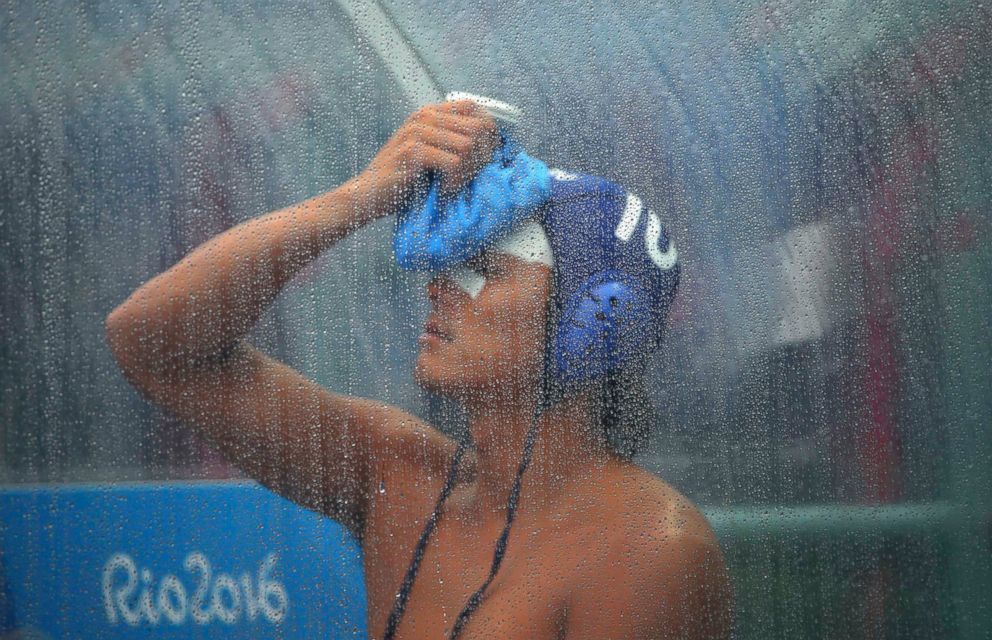
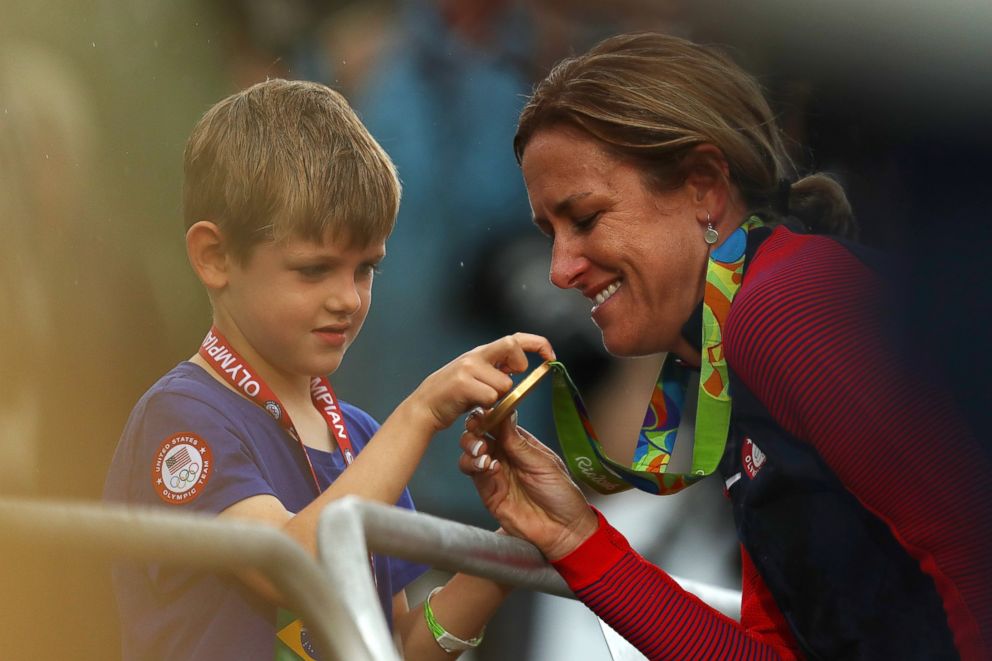
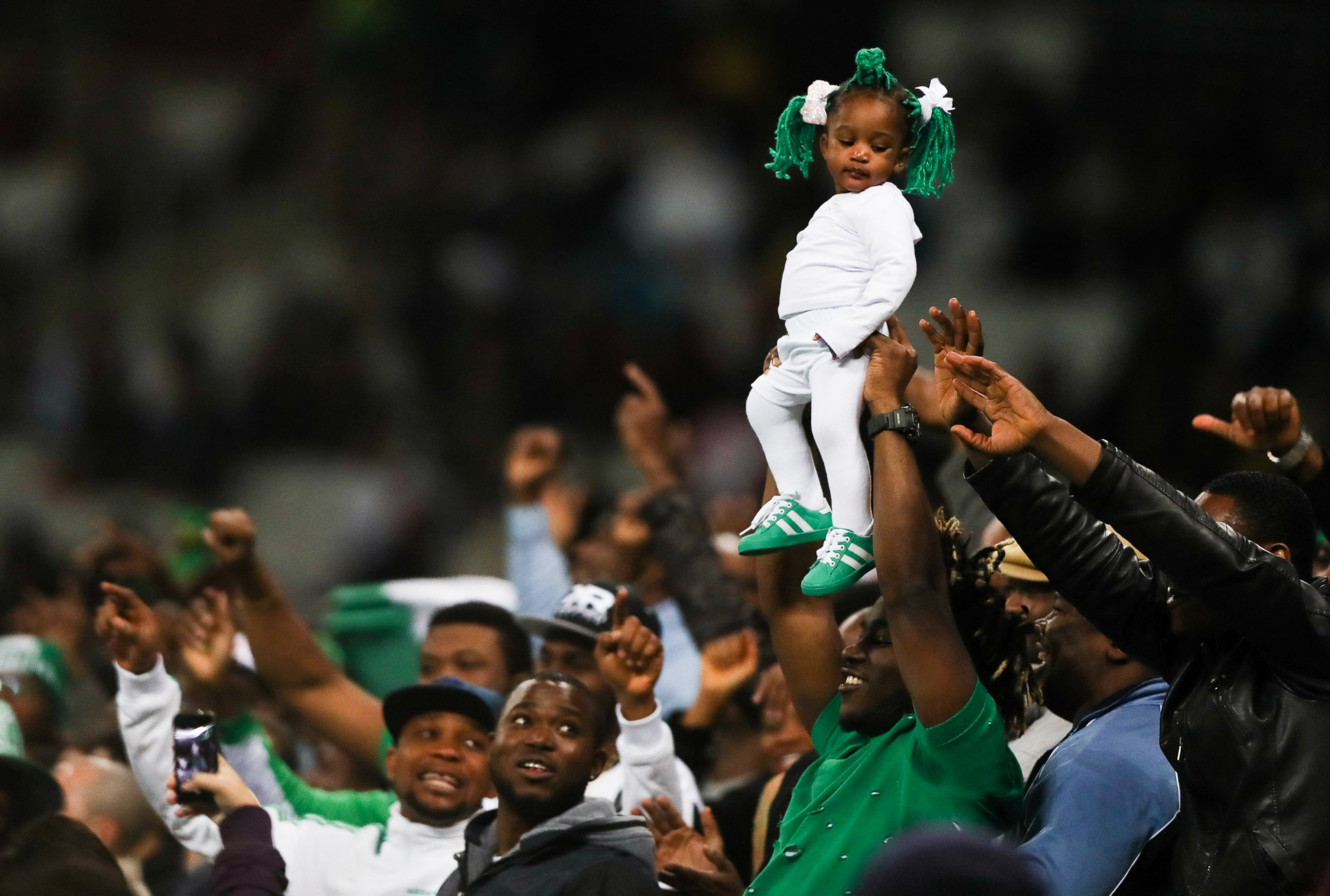
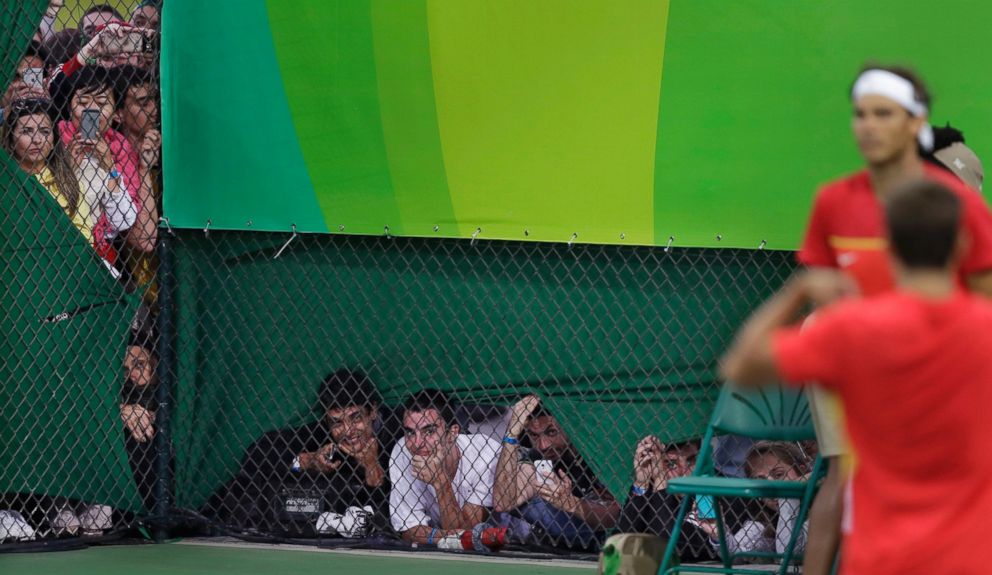
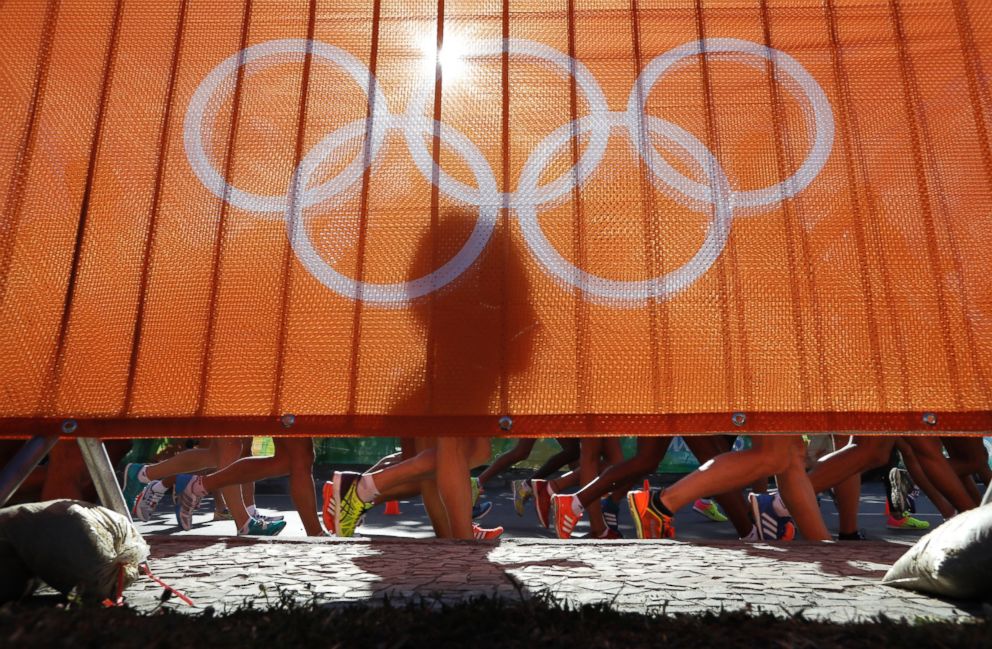
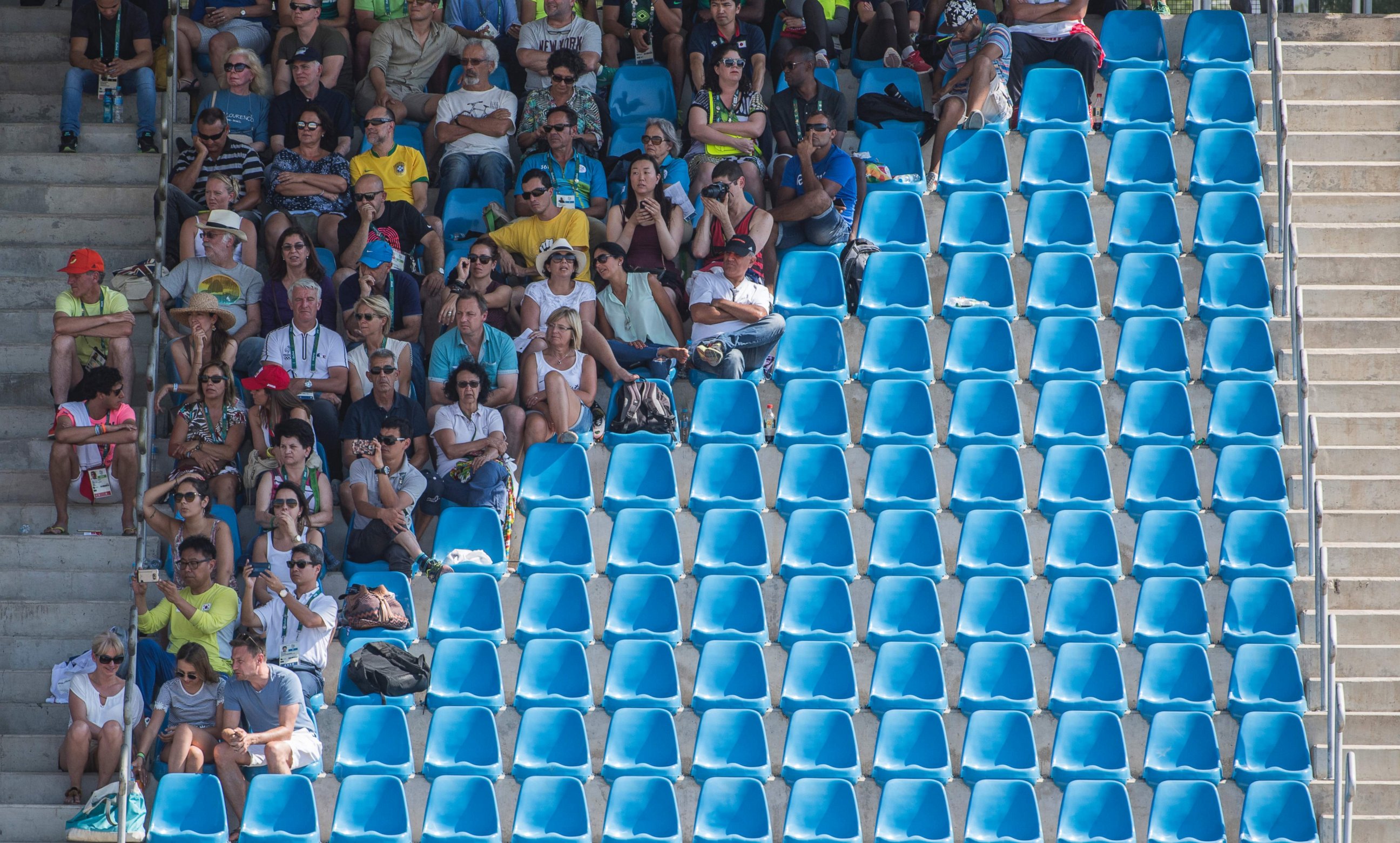
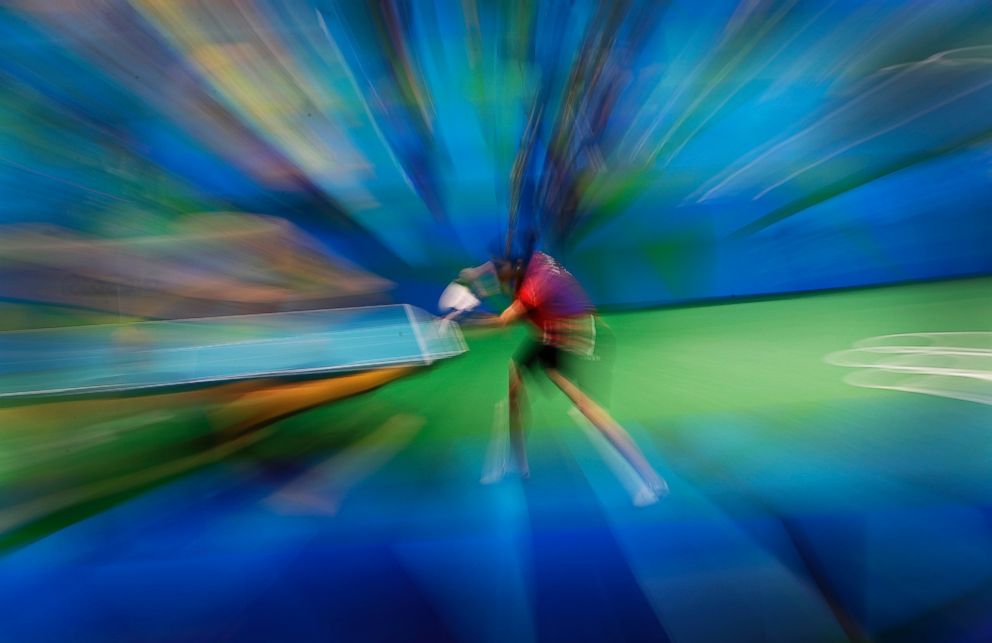

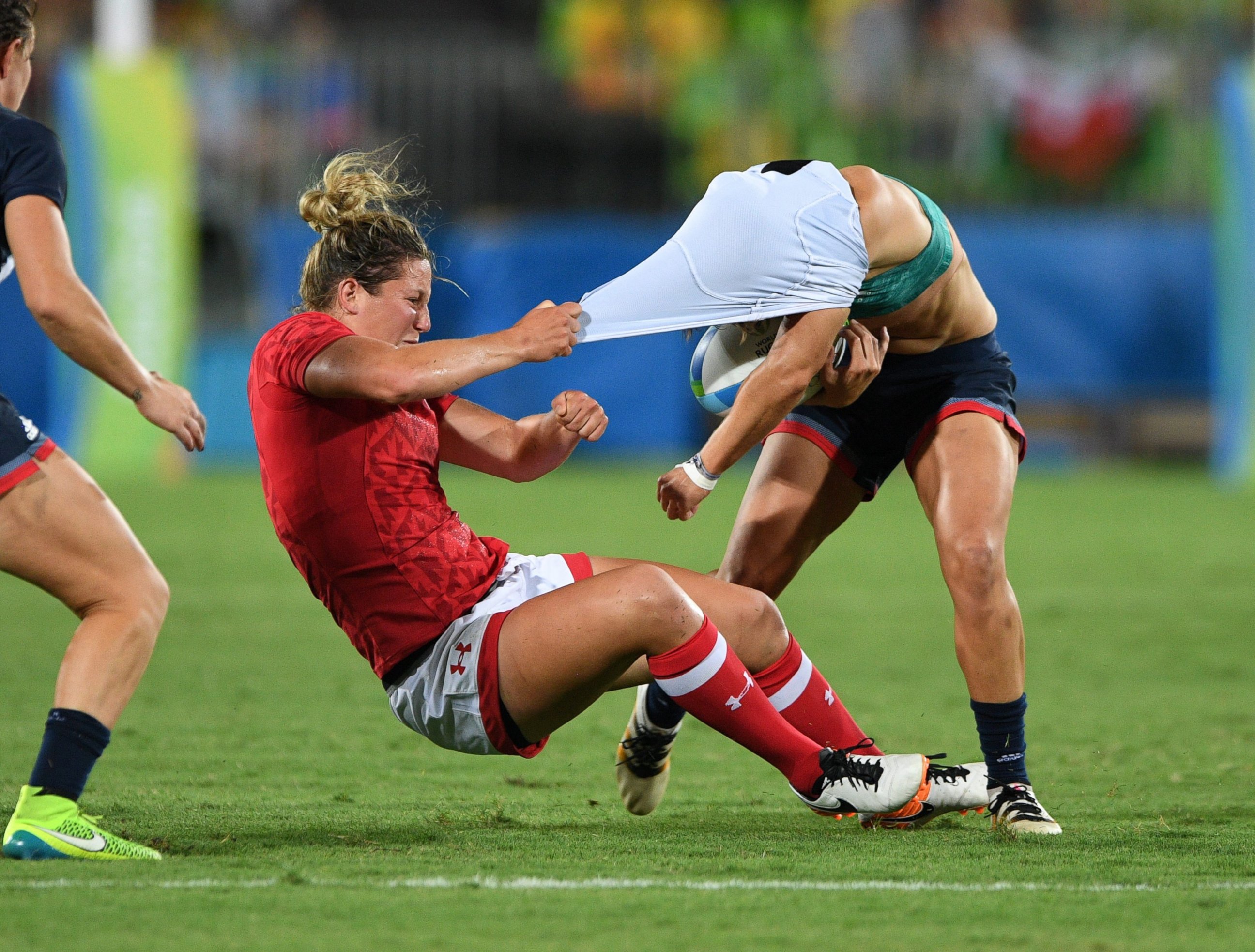
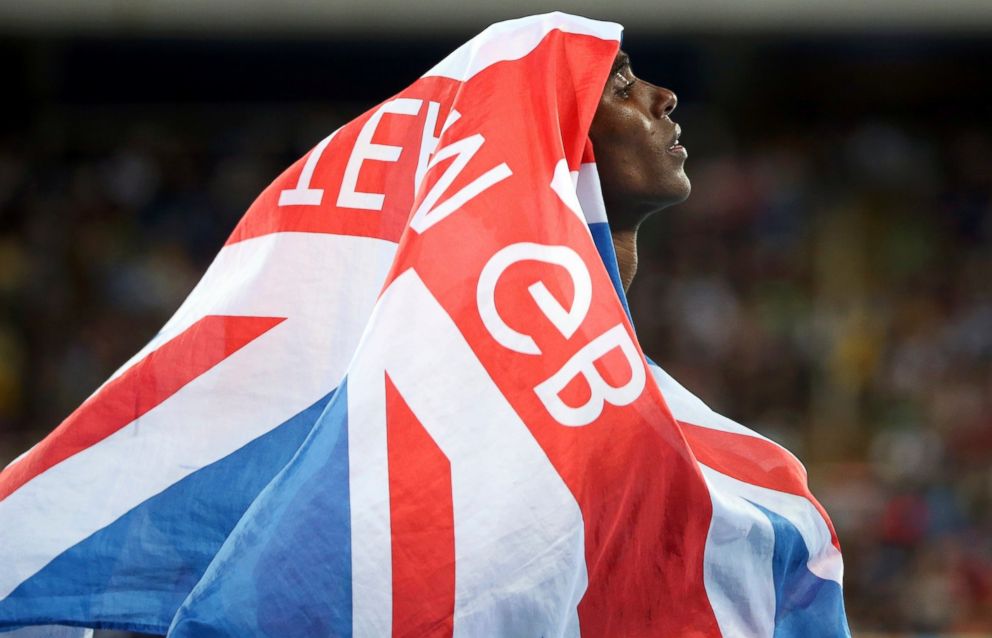
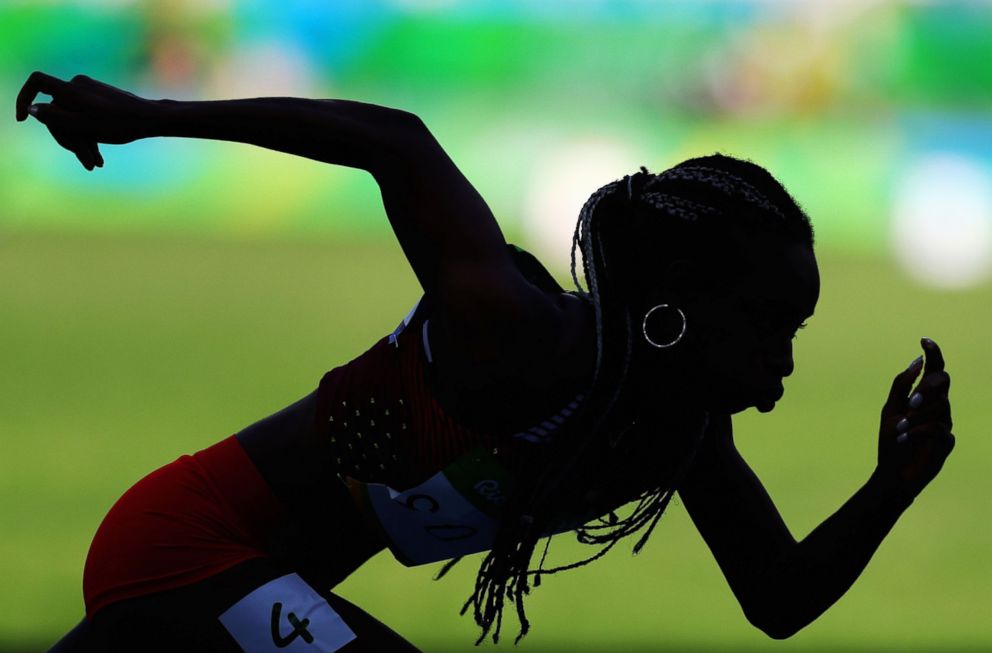
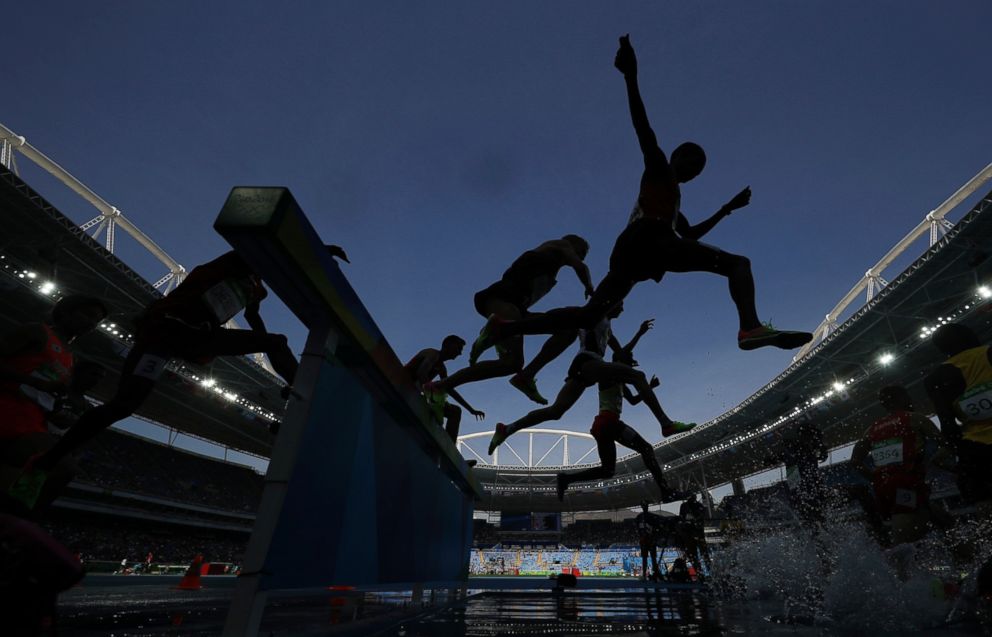
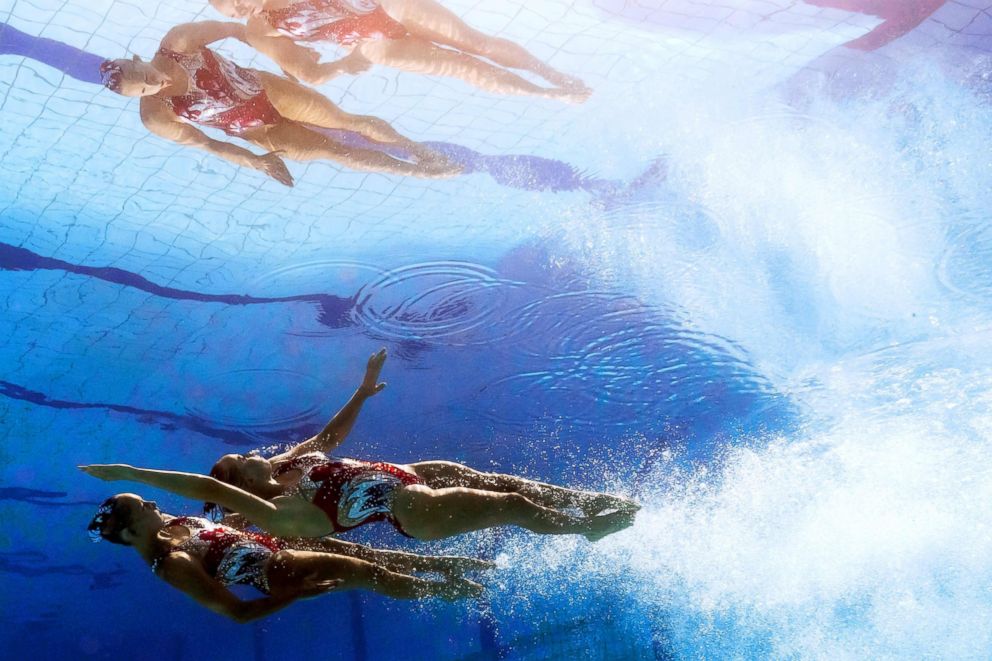
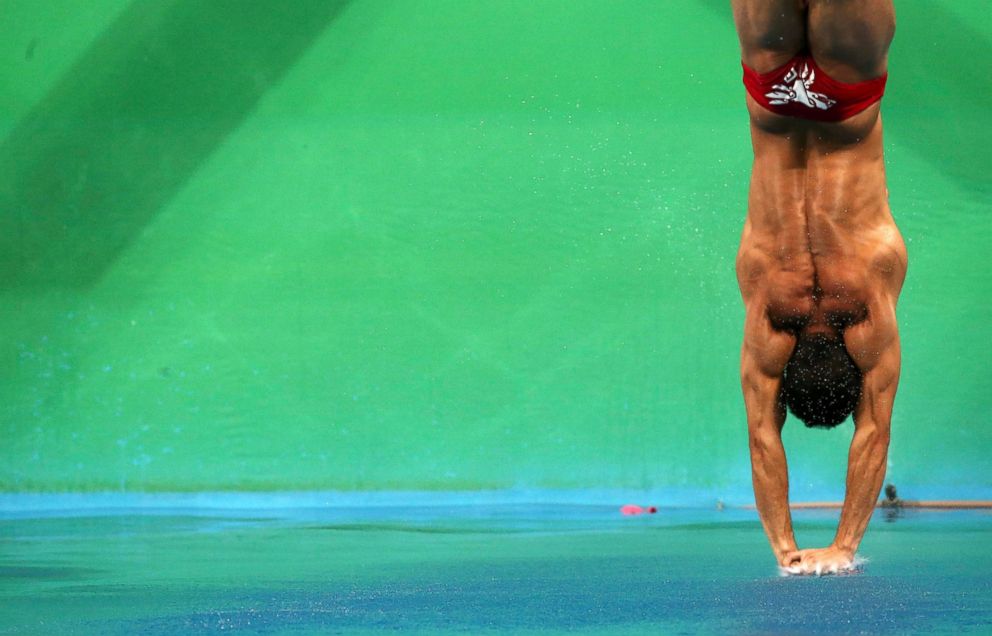
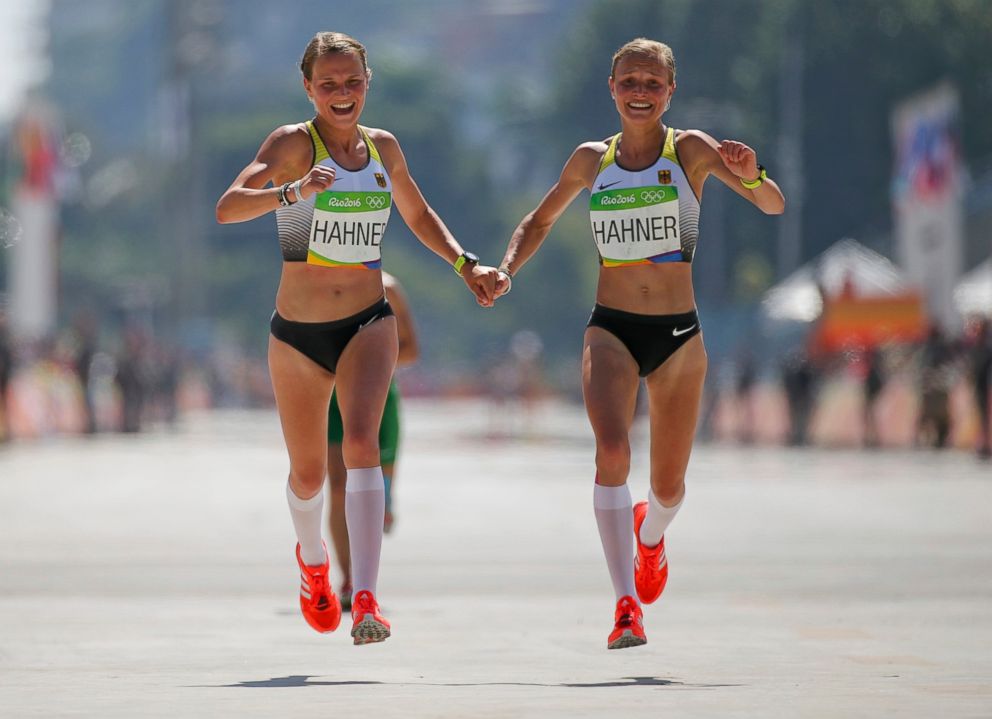
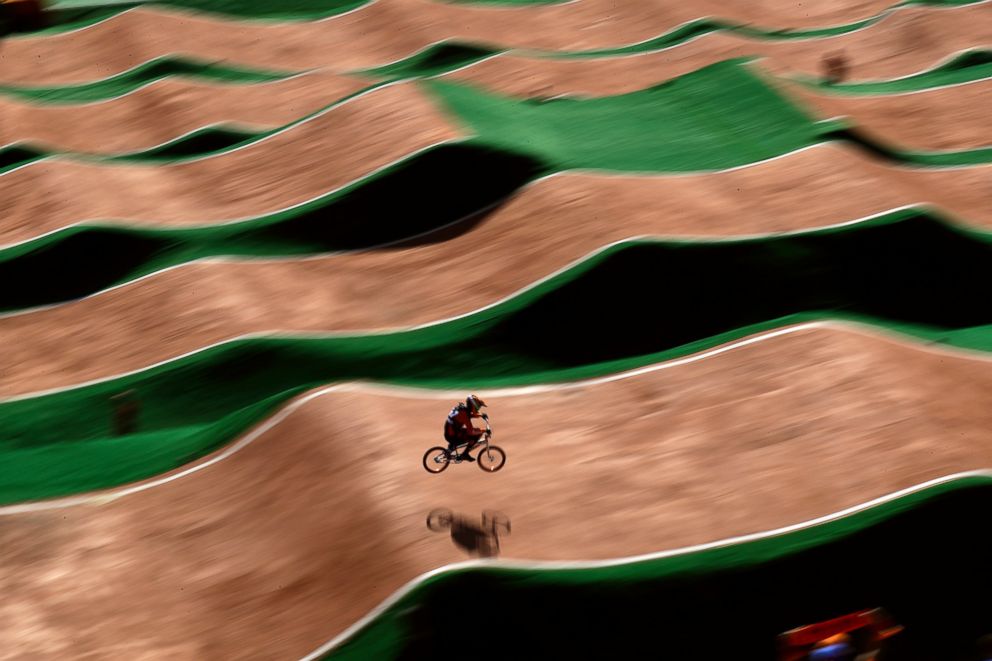
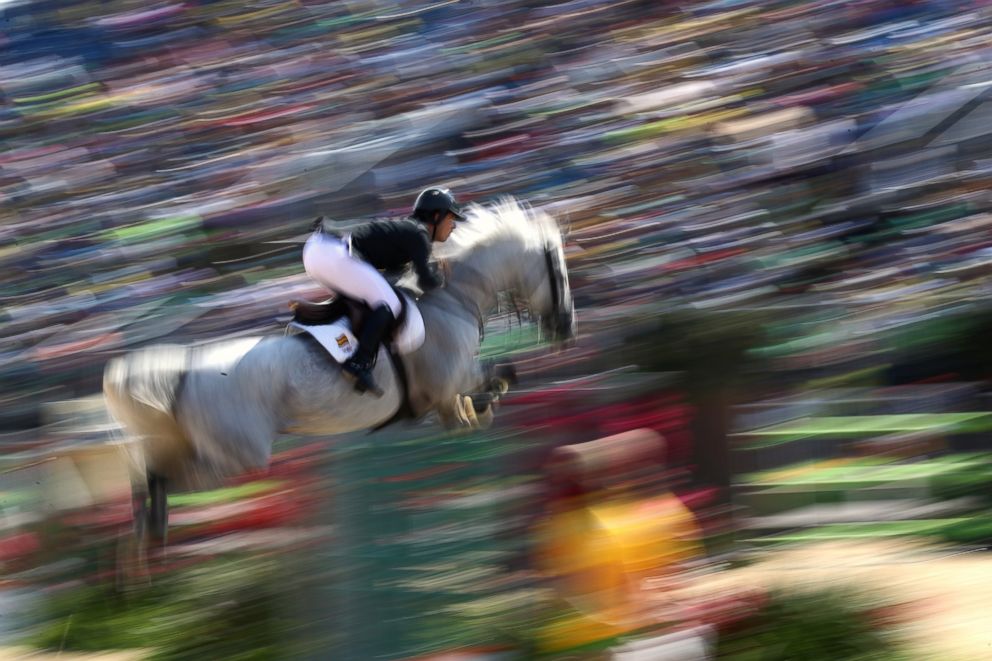
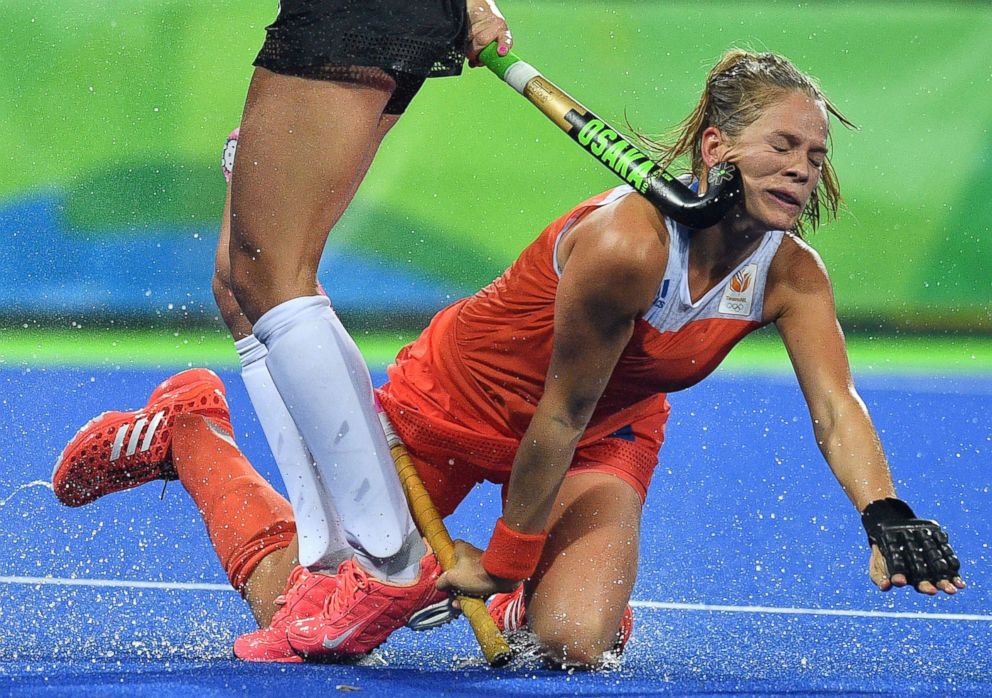
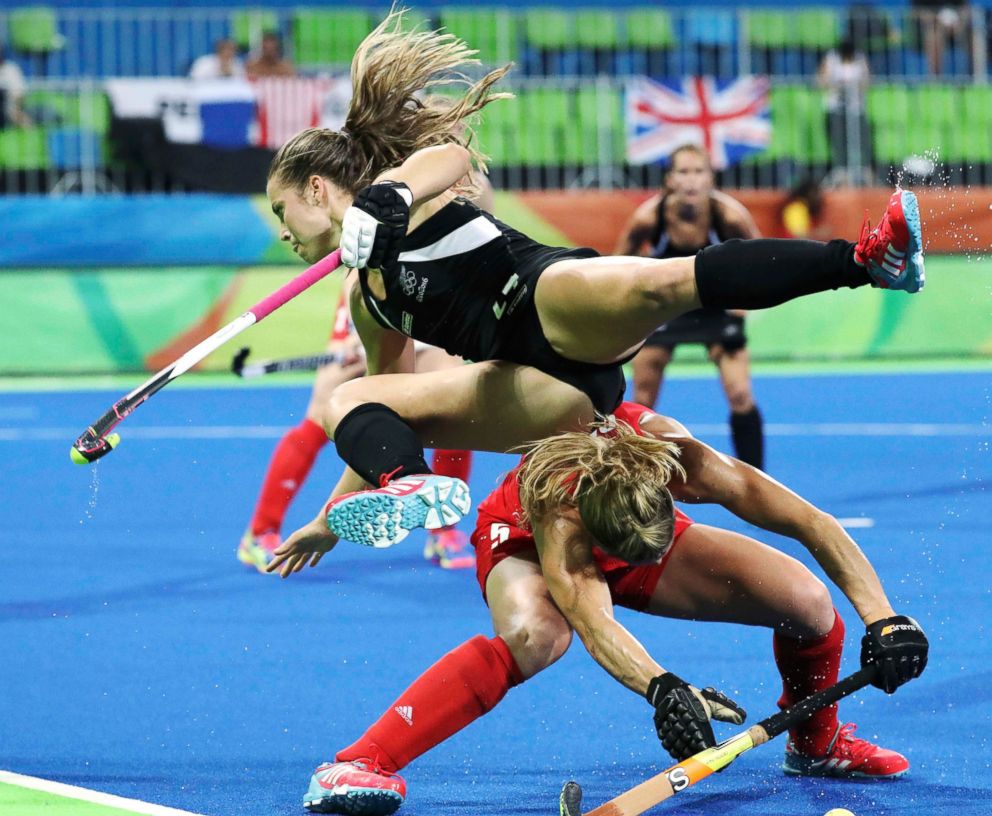
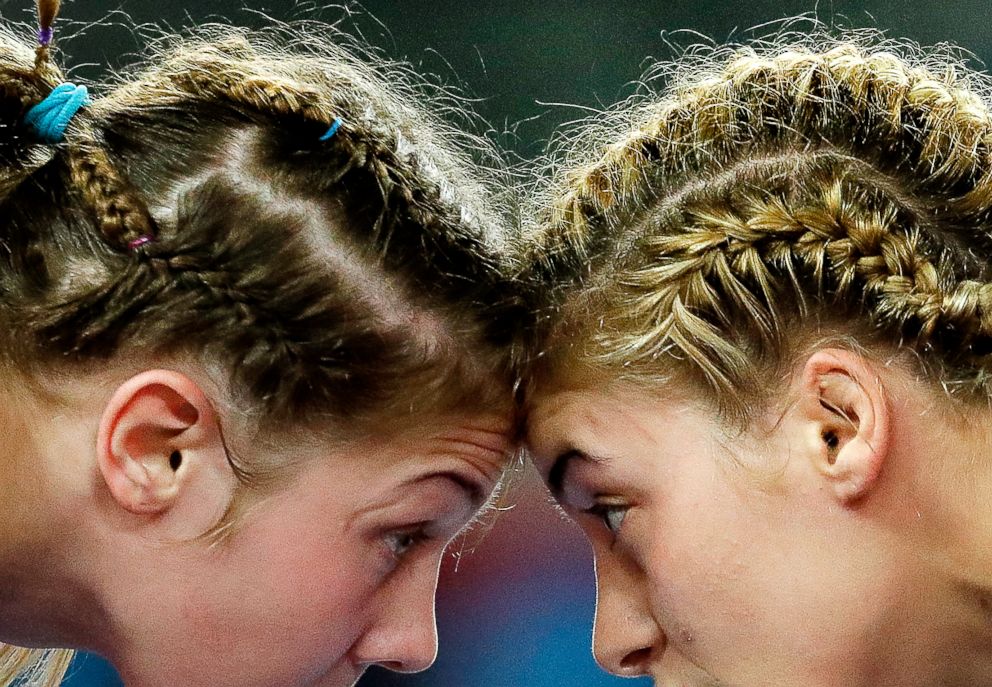
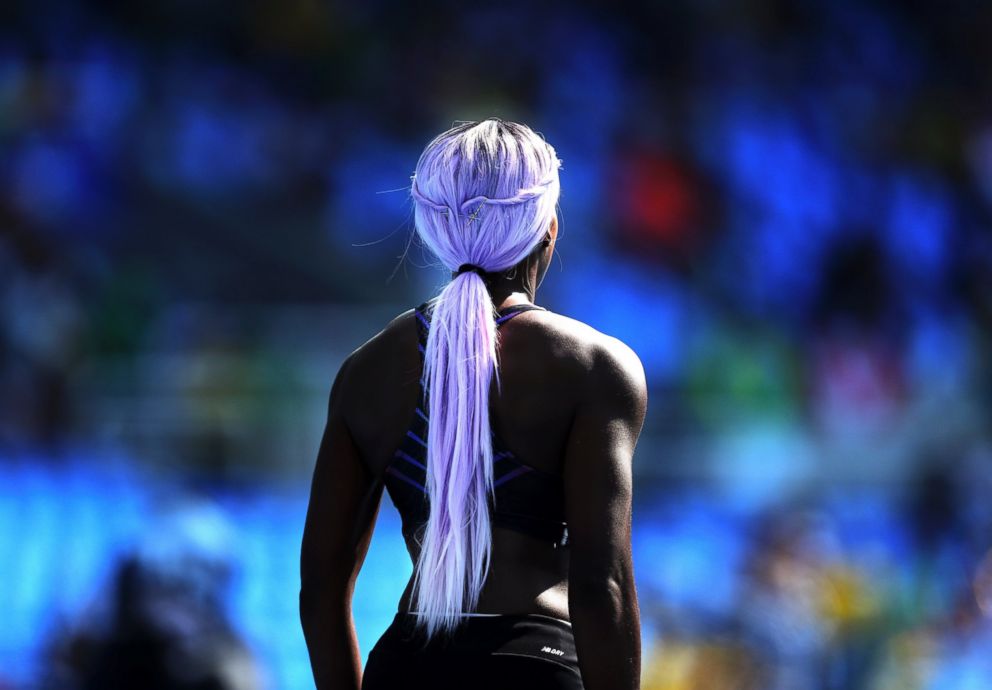
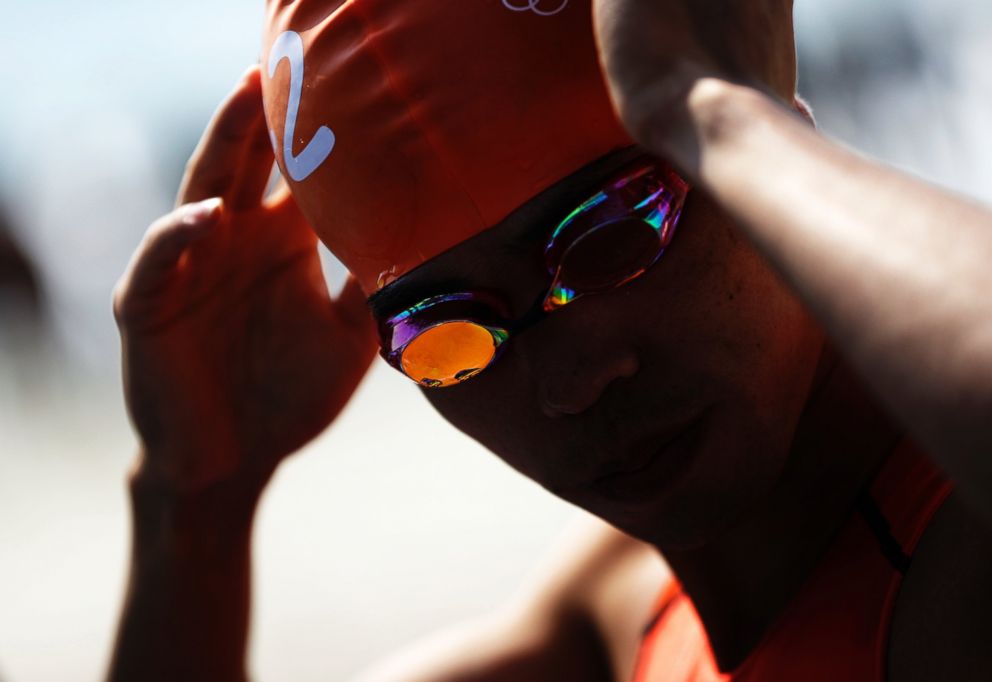
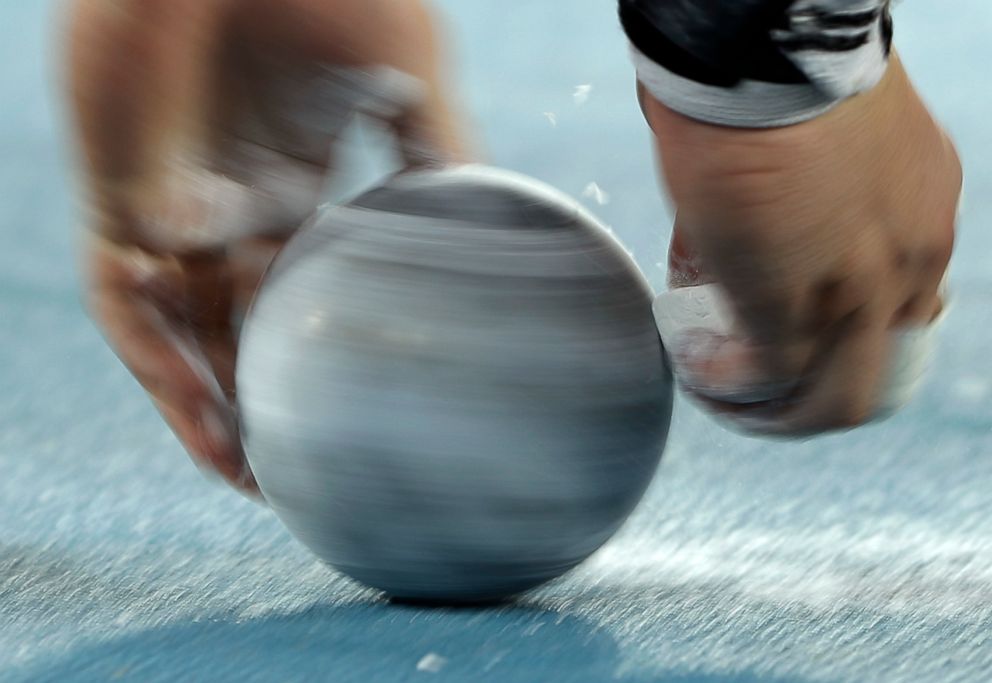

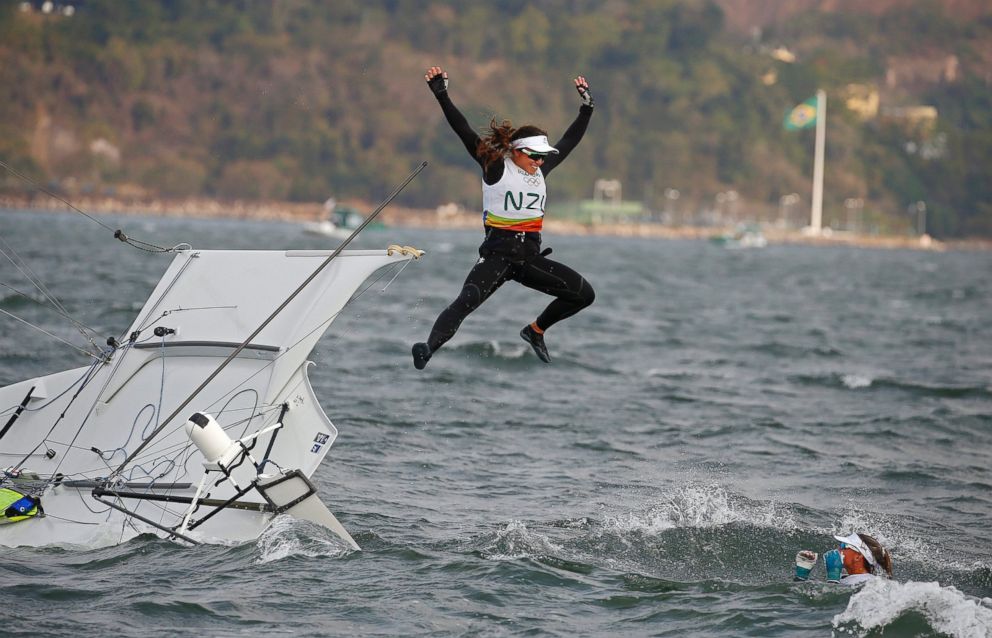
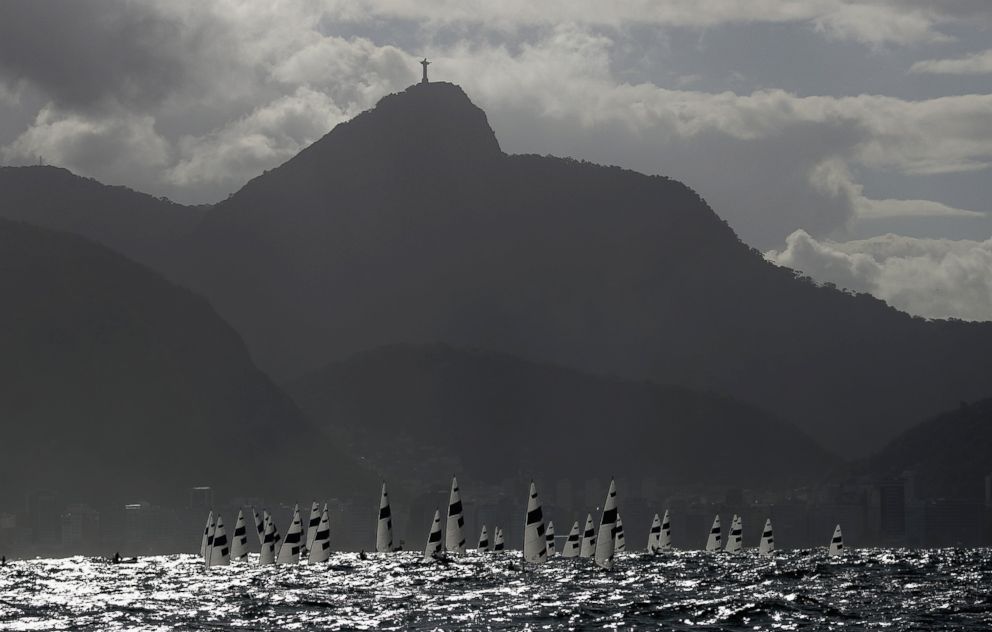
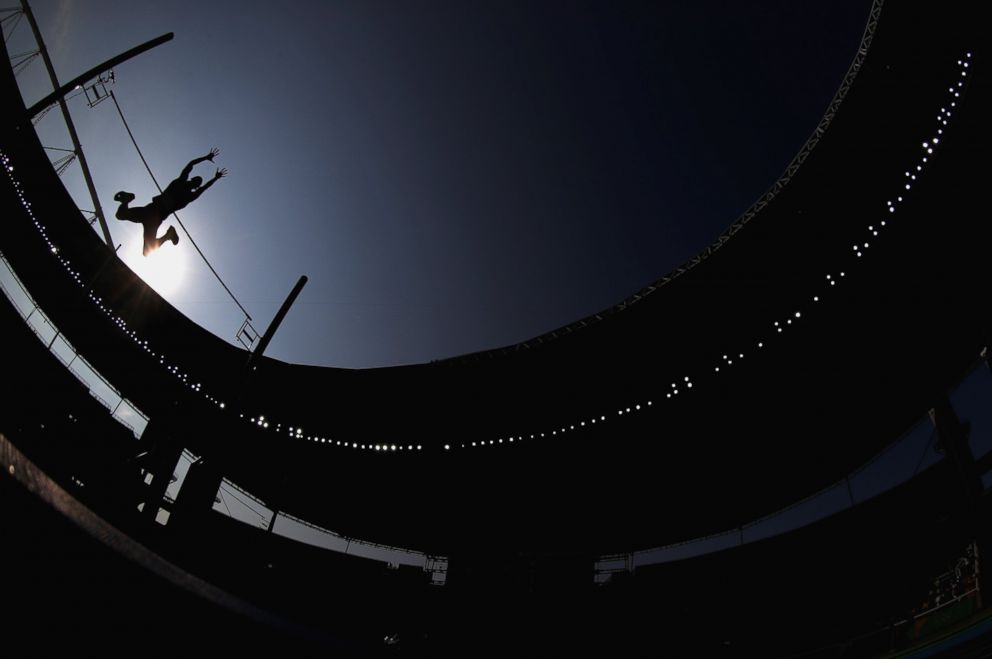
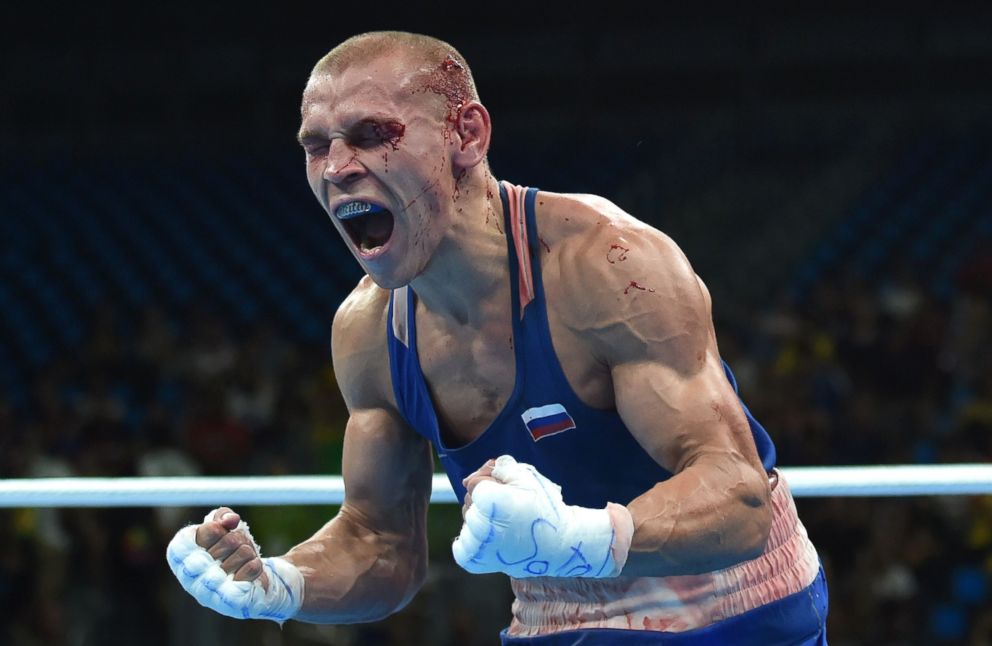
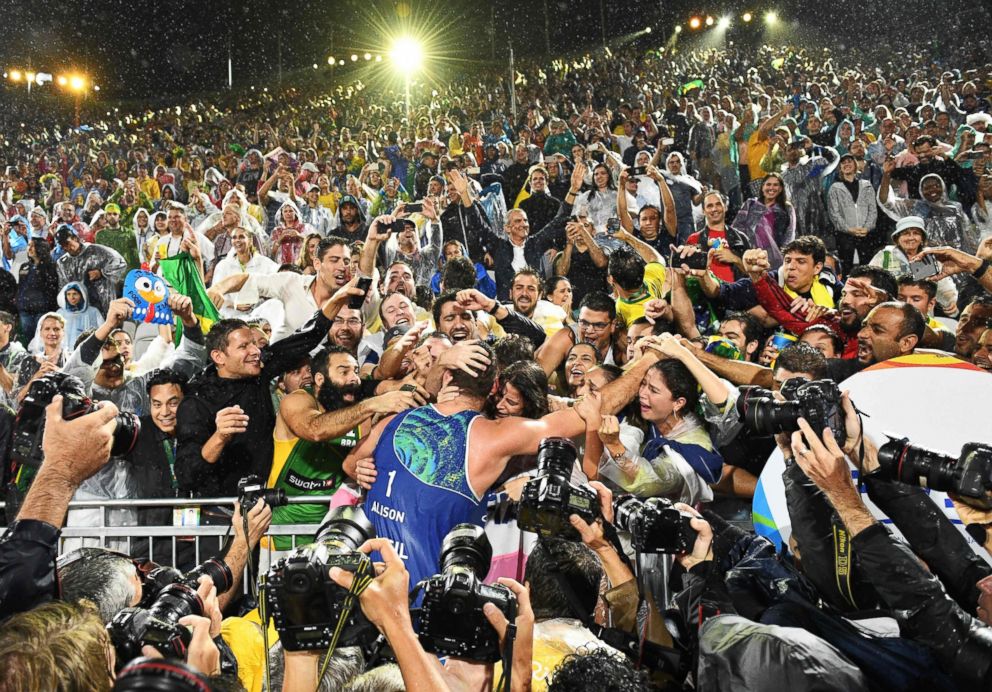
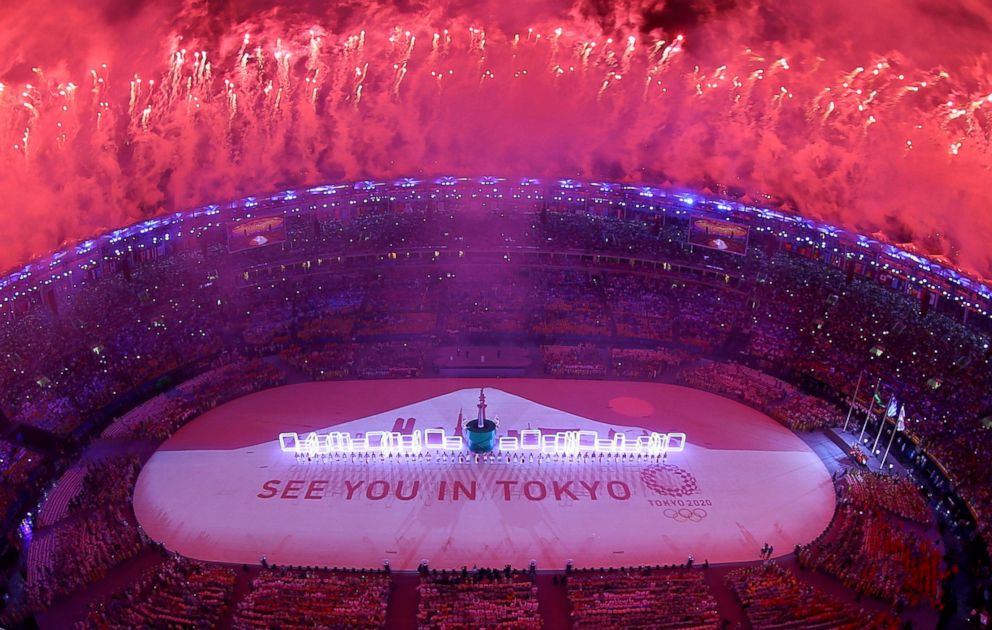
The IPC said that McLaren’s investigation revealed evidence showing at least 27 occasions when samples of Russian Paralympians had been interfered with across eight disciplines. The committee said at least 11 of these samples had been concealed.
But these figures were a fraction of the hundreds of samples that were found to have been interfered with among Russia’s Olympics teams, the majority of which were eventually allowed to compete.
Before today’s ruling, some had called for Russian Paralympians to be allowed to participate in Rio. The respected Russian investigative paper Novaya Gazeta, known for its highly critical coverage of the Kremlin, called for an international campaign to help Russia’s Paralympians take part. The World Olympians Association, a body that represents former Olympians internationally, criticized the ban as "inconsistent and unfair," saying the IPC ought to have followed the IOC's approach of letting individual athletes be approved to compete if they could pass a vetting process.
Reacting to today's ruling, Russian officials and athletes condemned it as unjust and not based on real evidence. The head of Russia's Paralympic Committee, Vladimir Lukin, told TASS the ban "borders on criminal."
Russia has one of the most successful Paralympics teams in the world, finishing second in the medal table at the 2012 London Games. Russian Paralympians expressed their bewilderment that the IPC was punishing them collectively.
"The court's decision is an inhuman one," Ekaterina Potapova, a Paralympic discus and hammer-thrower, told Russian state television. "We fight, we strive, we do everything to win, to get a result. And they simply took our dream and scratched it out."
The IPC's president, Craven, said although he welcomed the ban it brought him little joy:
"Although we are pleased with the decision, it is not a day for celebration and we have enormous sympathy for the Russian athletes who will now miss out on the Rio 2016 Paralympic Games."
"It is a sad day for the Paralympic Movement, but we hope also a new beginning," Craven said in the statement. "We hope this decision acts as a catalyst for change in Russia and we can welcome the Russian Paralympic Committee back as a member safe in the knowledge that it is fulfilling its obligations to ensure fair competition for all."
Russia has never accepted the allegations that it ran a system for covering up doping. Officials, as high up as president Vladimir Putin, have suggested the claims were part of a U.S.-led conspiracy. Hours after today's court decision, Russia's powerful Investigative Committee, which often oversees major political cases, said that so far its own investigations had received no evidence of doping among Russian athletes and even suggested that the cover up of Russian doping samples might have been ordered by WADA.
Vladimir Markin, a spokesman for the Committee, noted the lab director Rodchenkov worked for Russia's national anti-doping agency, which is accredited by WADA. "Therefore the investigation has grounds to suggest that he might have received the command to destroy the doping tests precisely from the leadership of the World Anti-Doping Agency," Markin told the Interfax news agency.
"And actually, the confirmation of this version is seen in that until now they still haven't presented us with concrete evidence of doping being taken by Russian athletes."
Markin said that the investigation intended to question McLaren and WADA president, Craig Reedie, who had called for Russia to be banned from the Olympics.